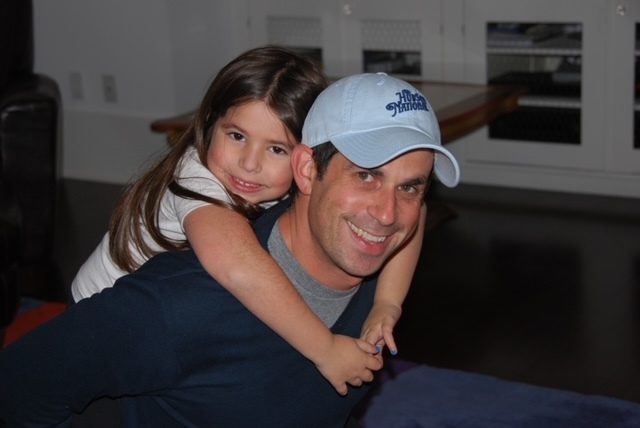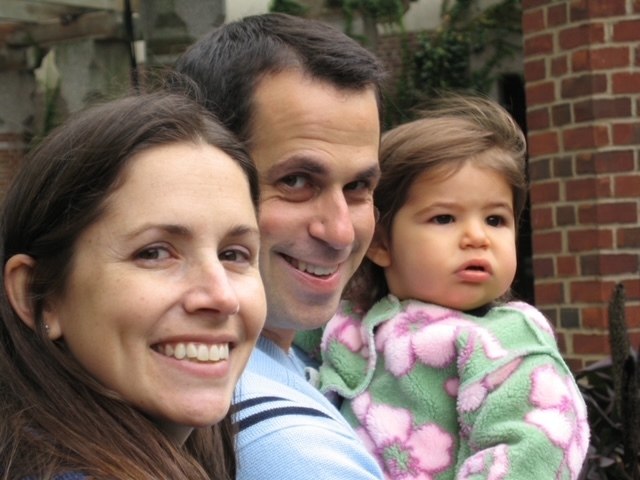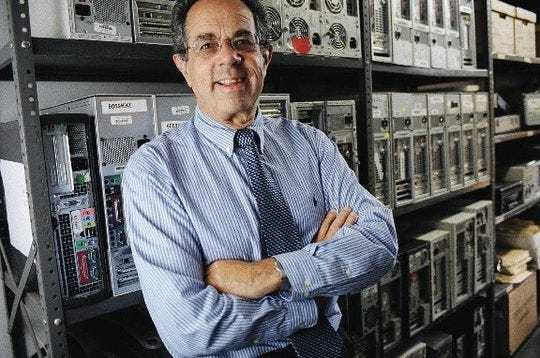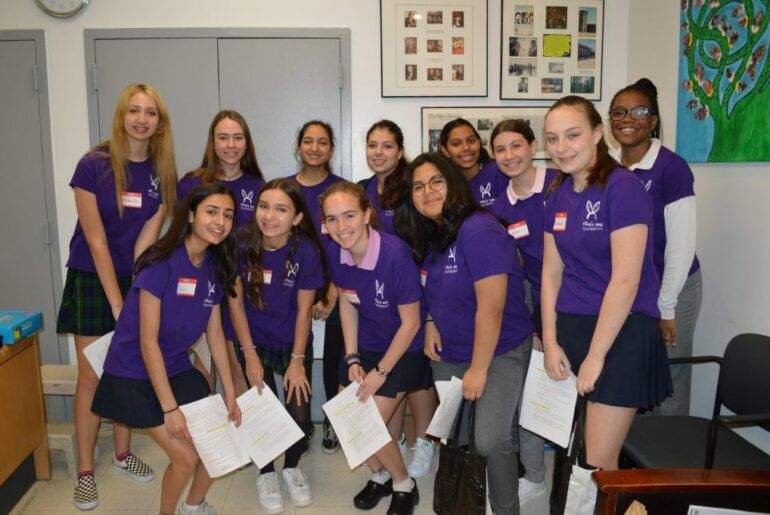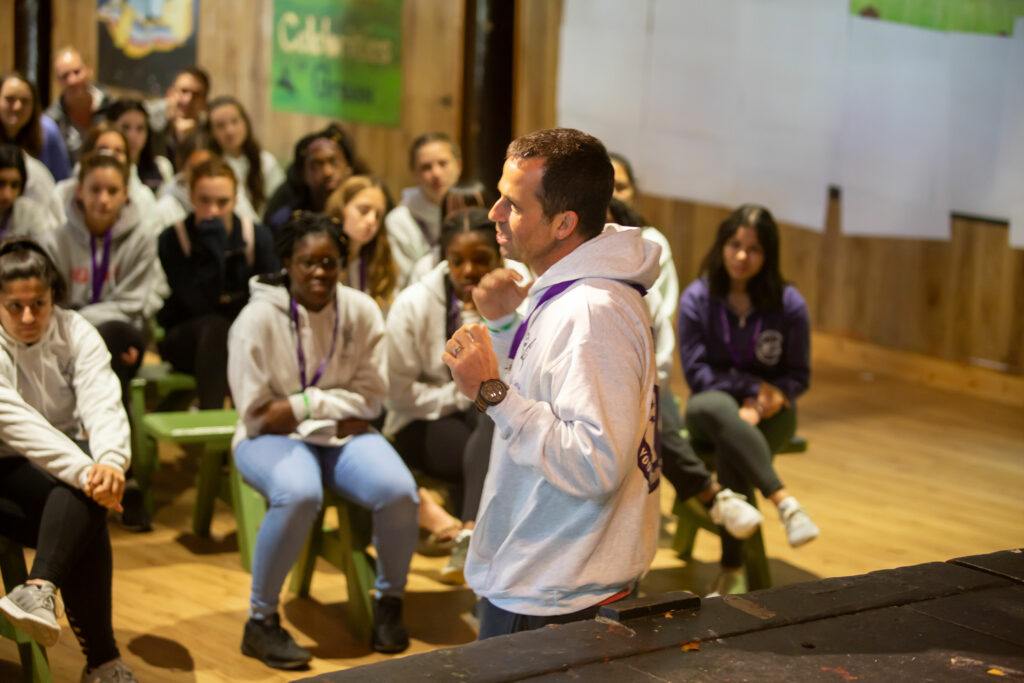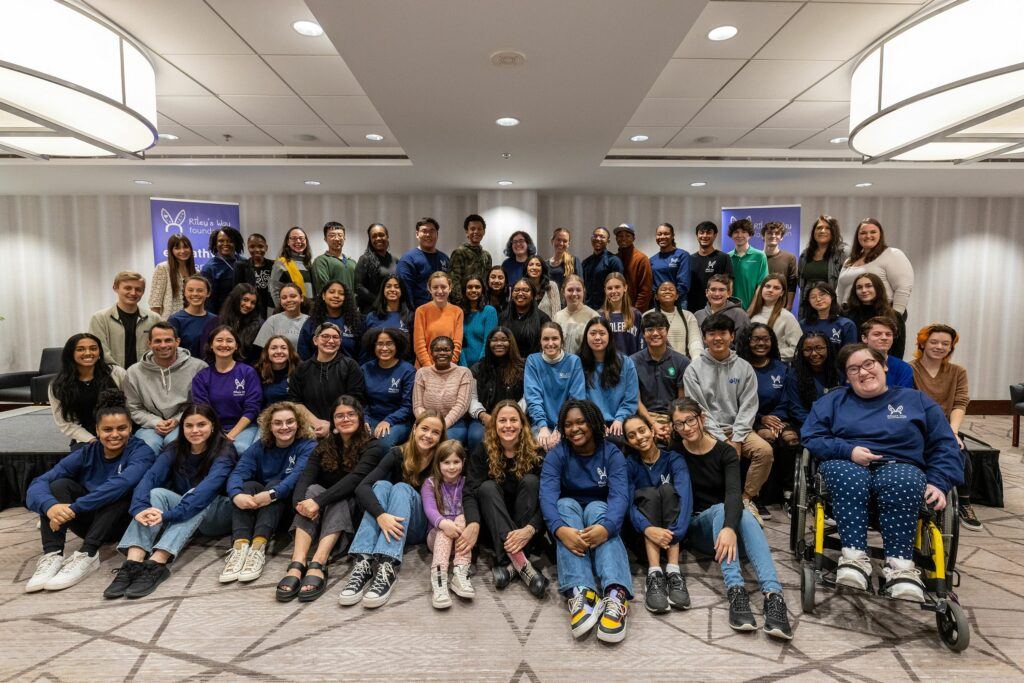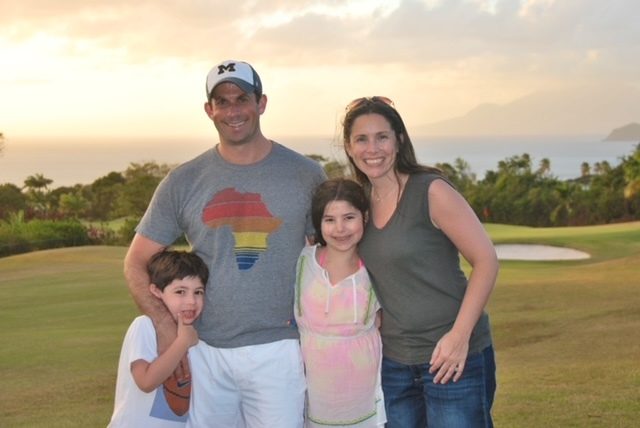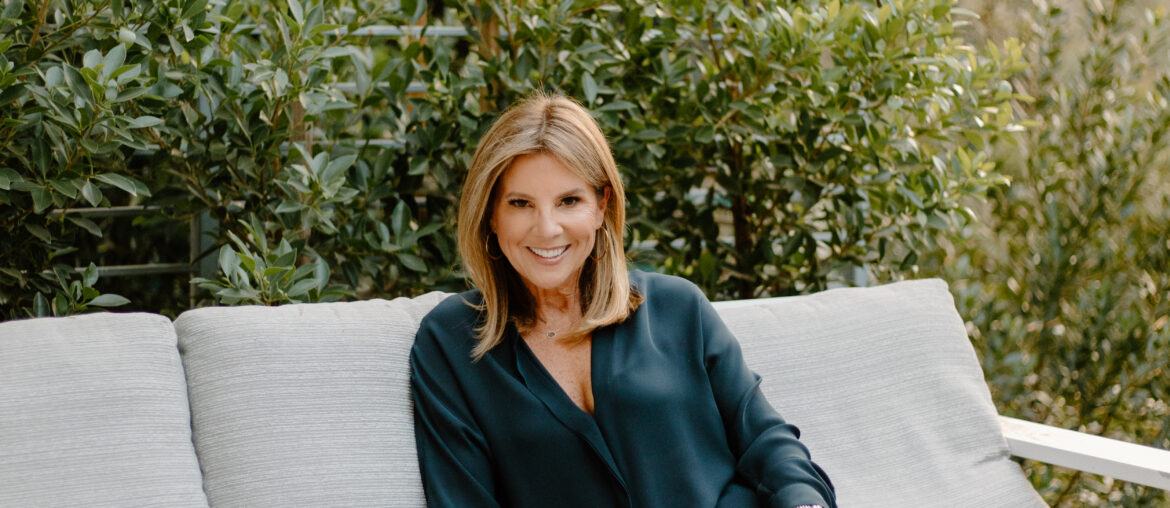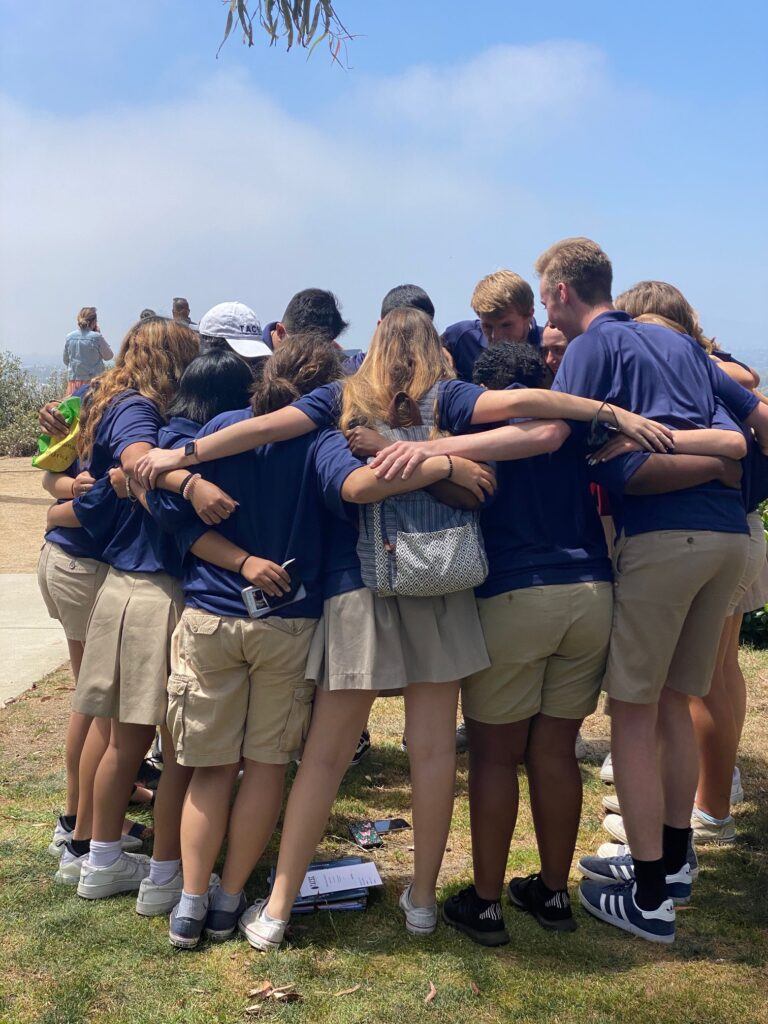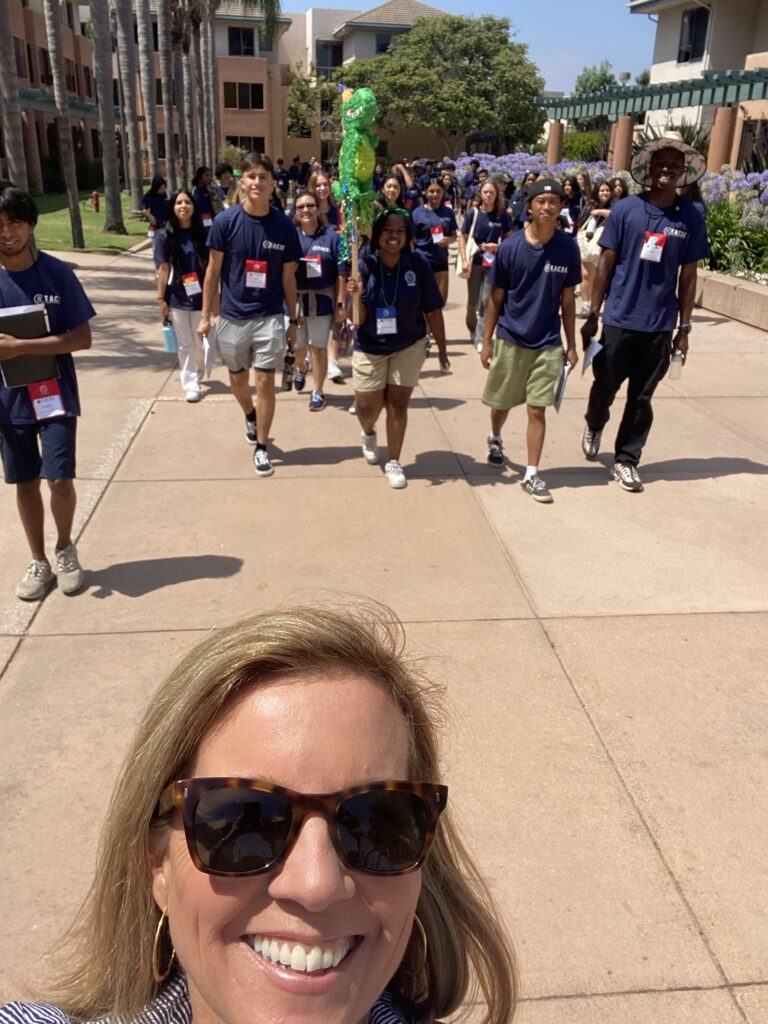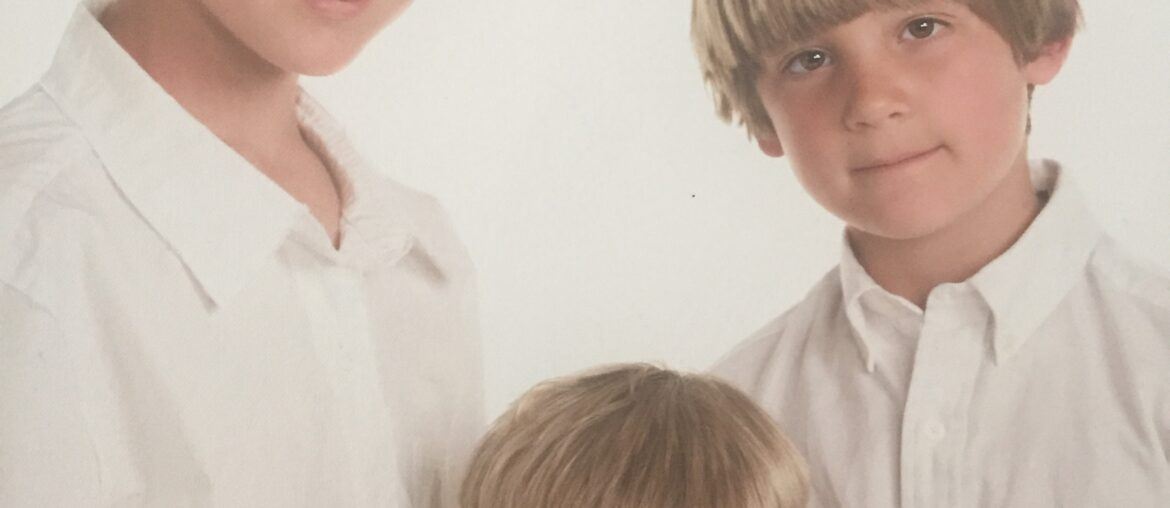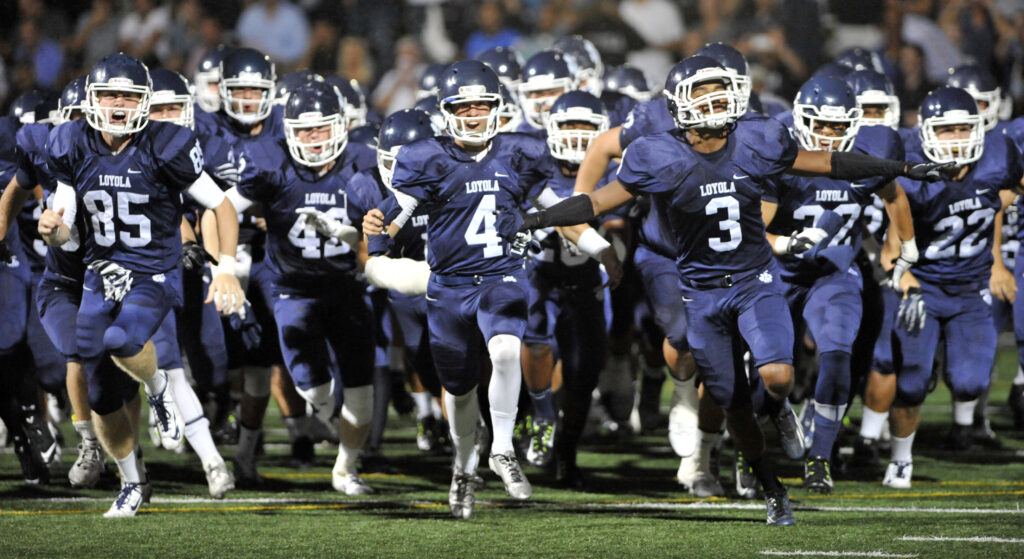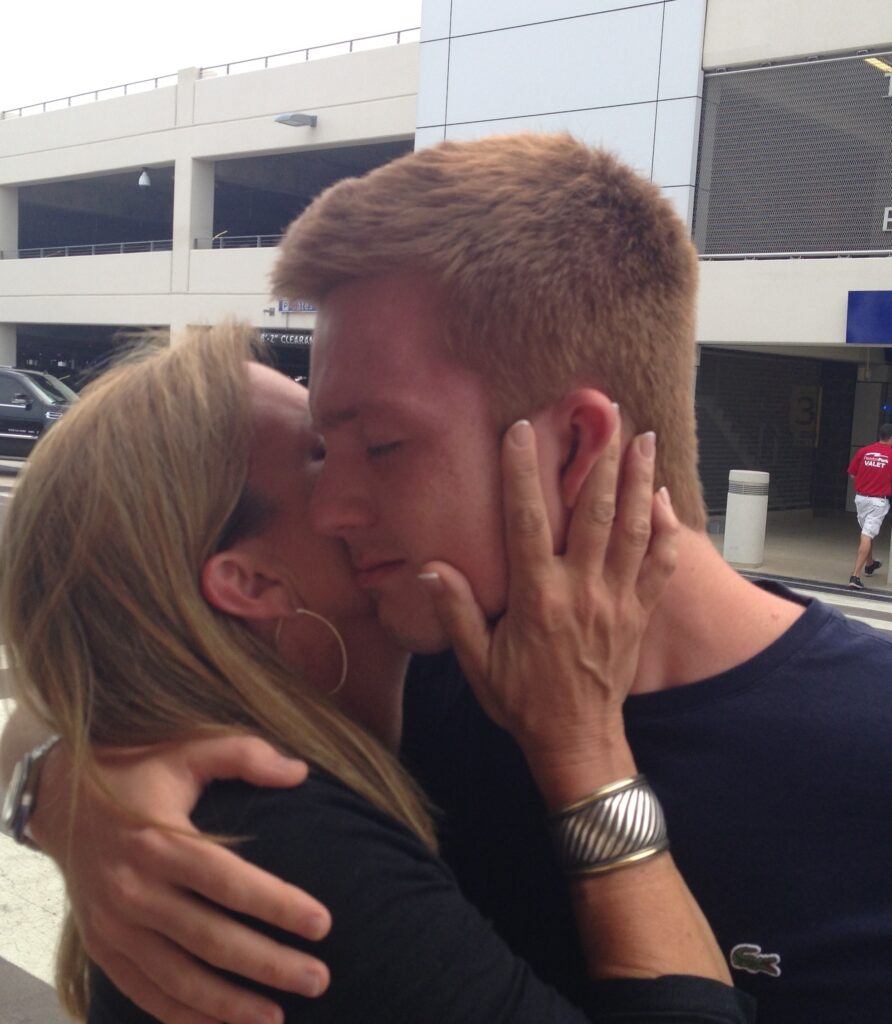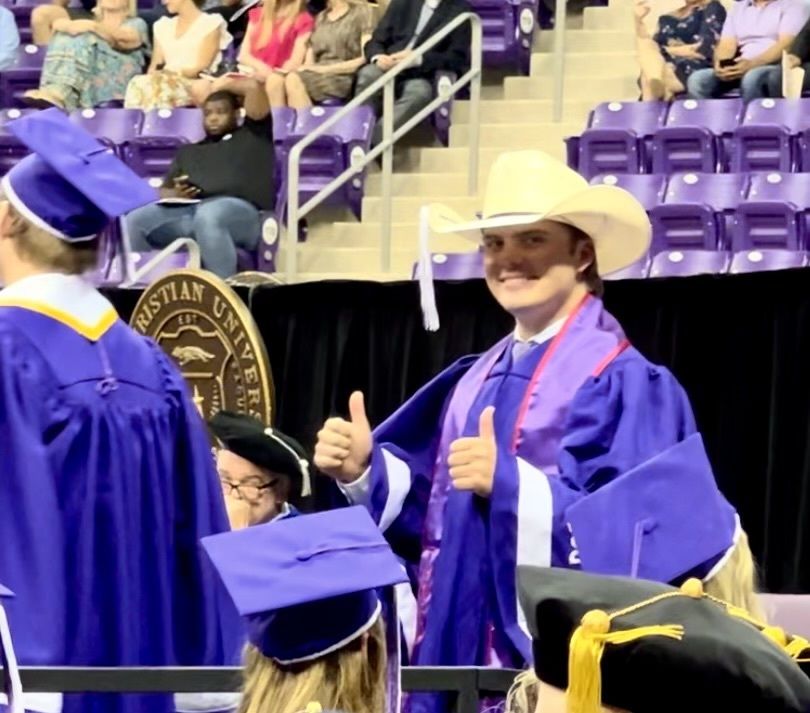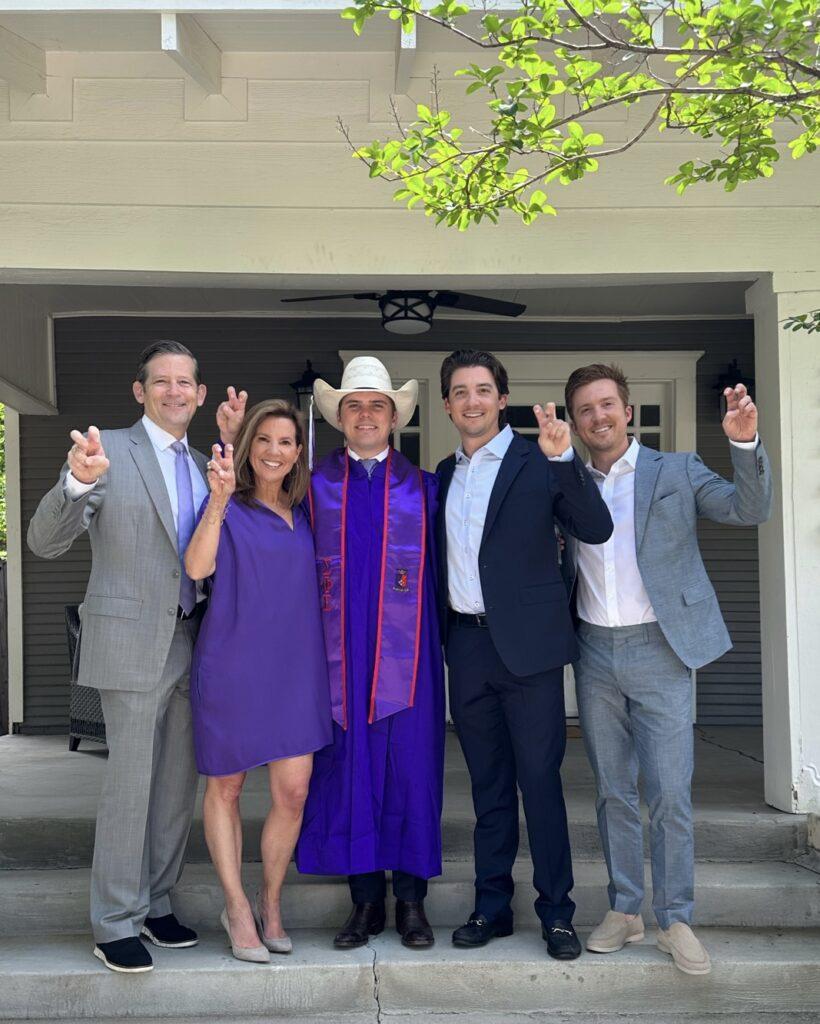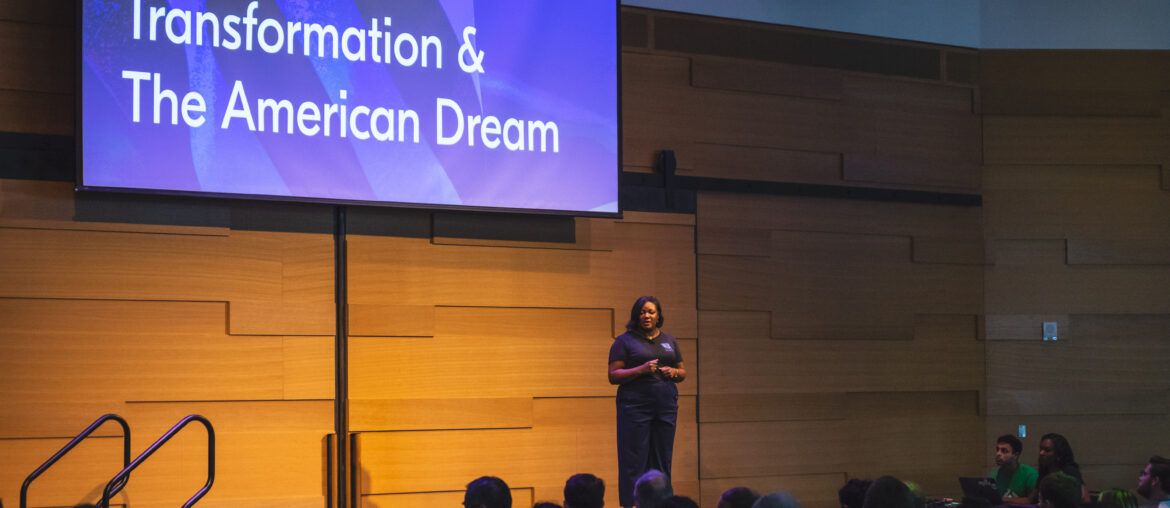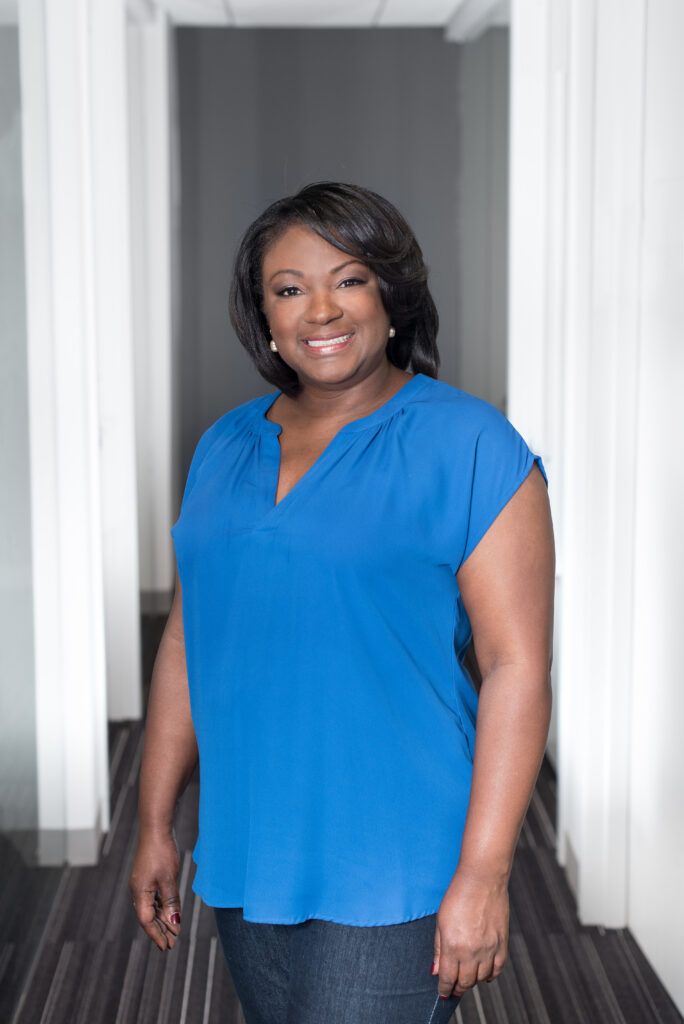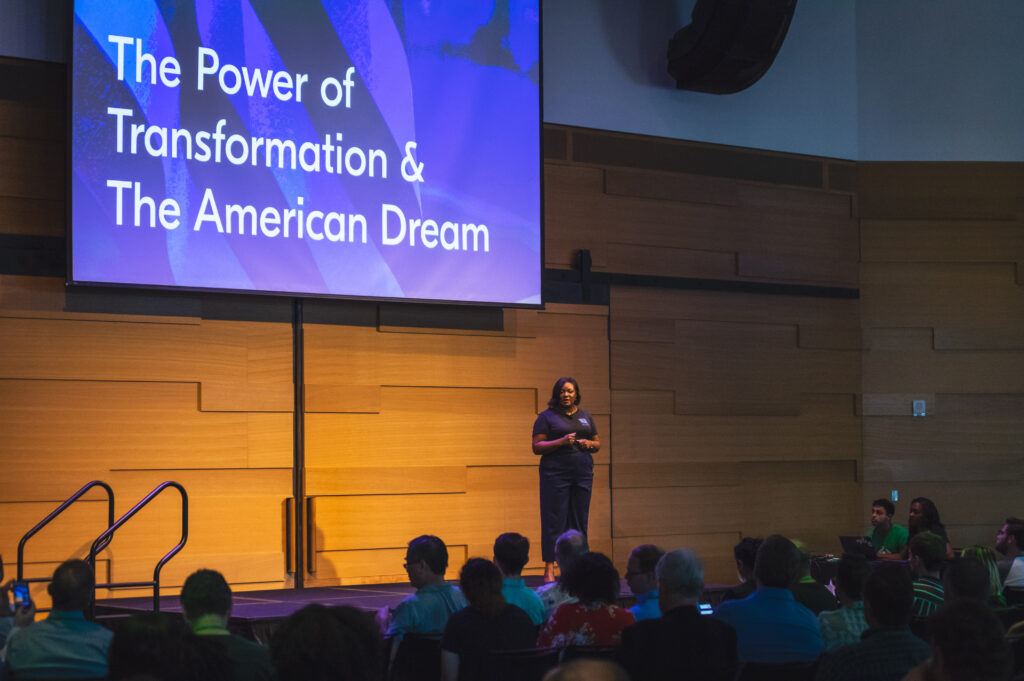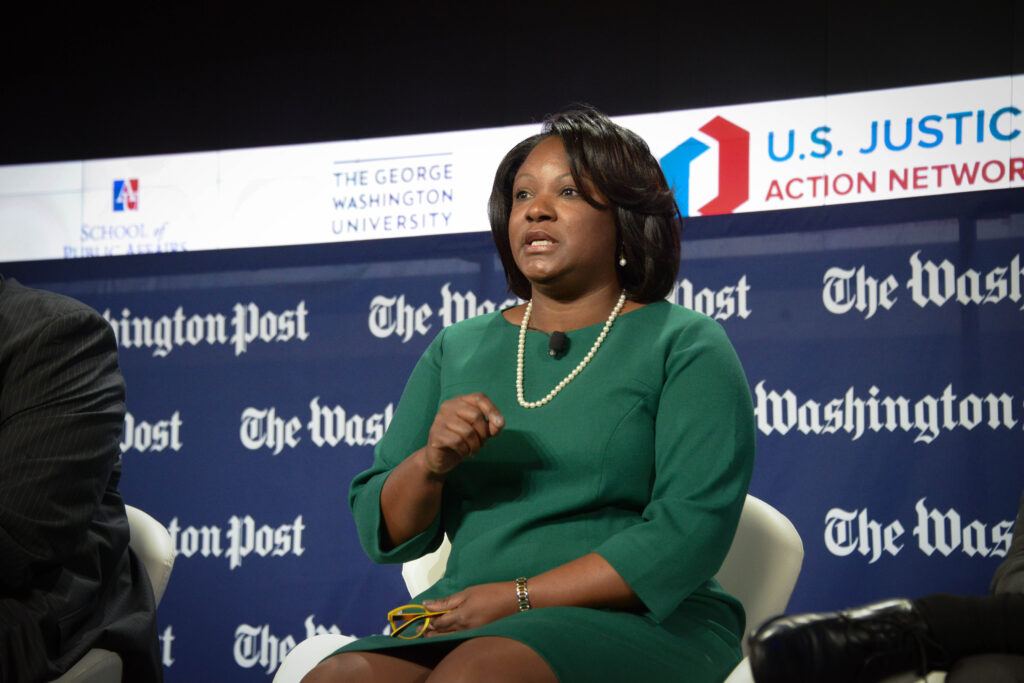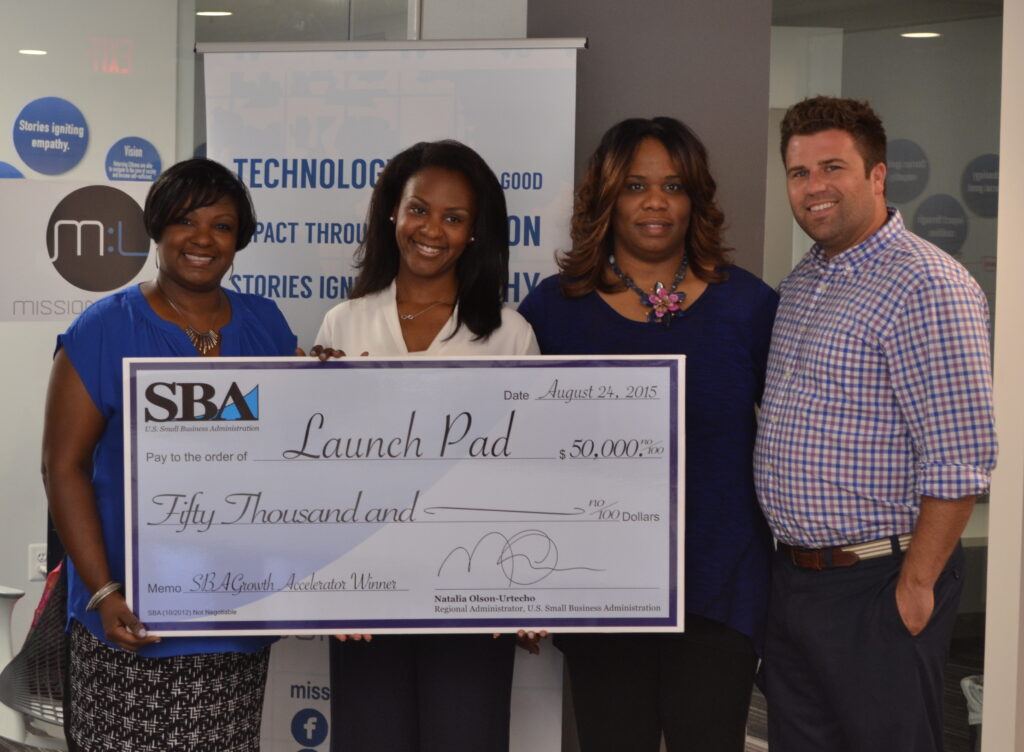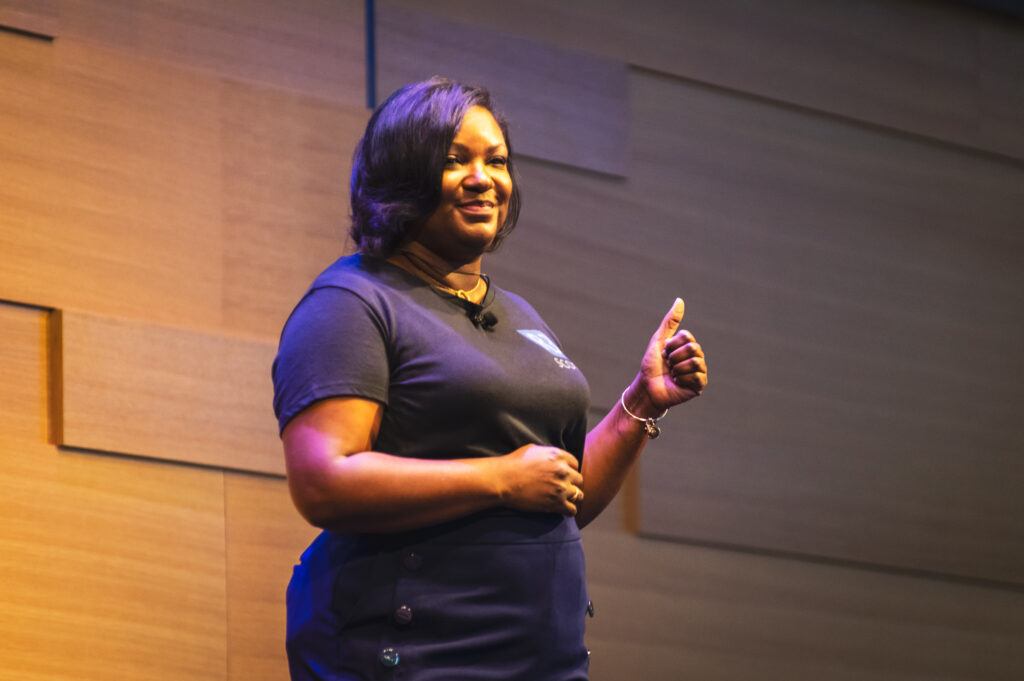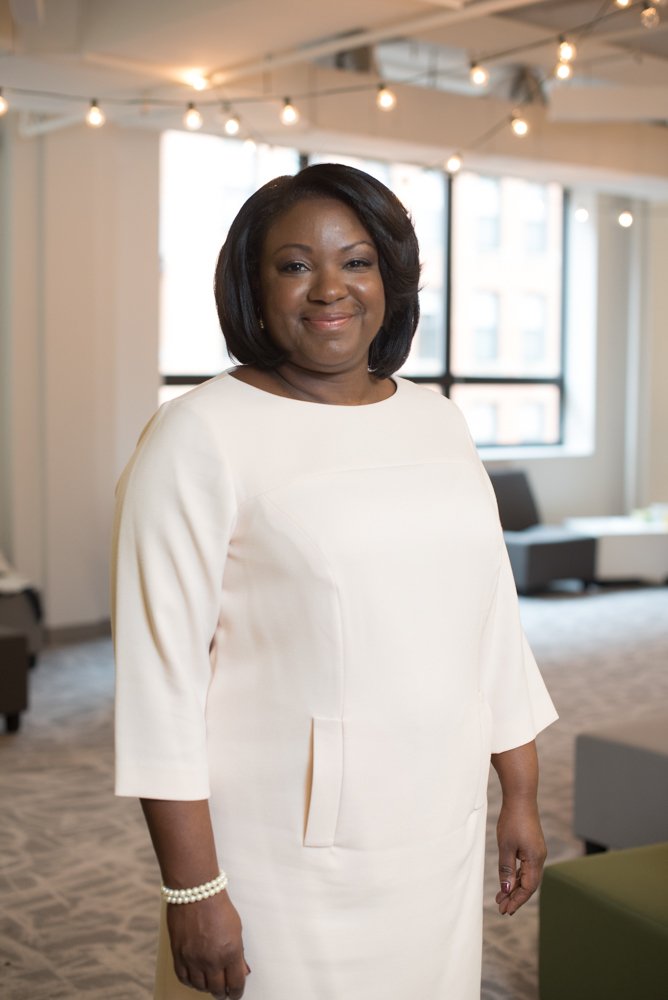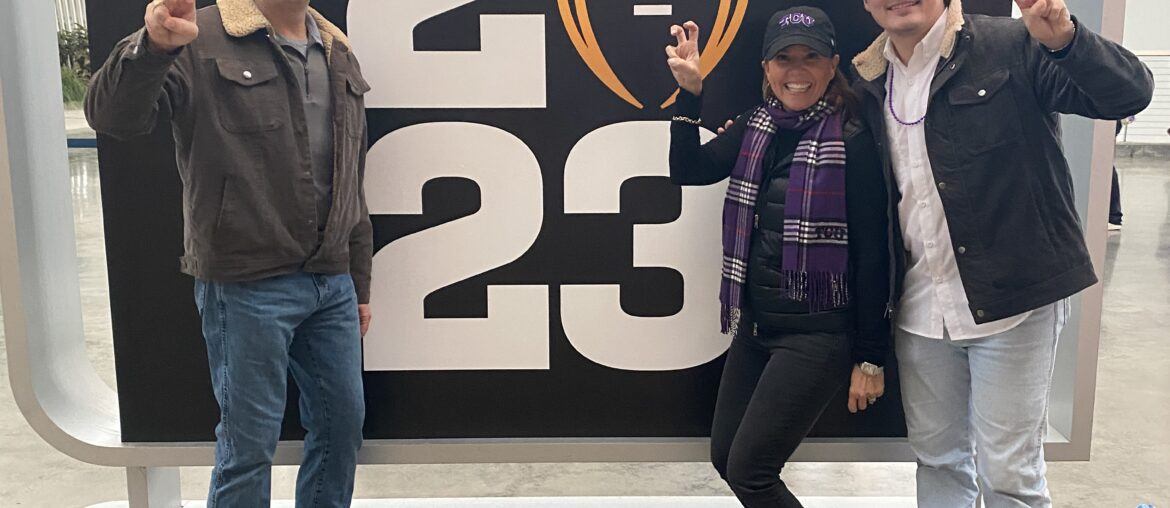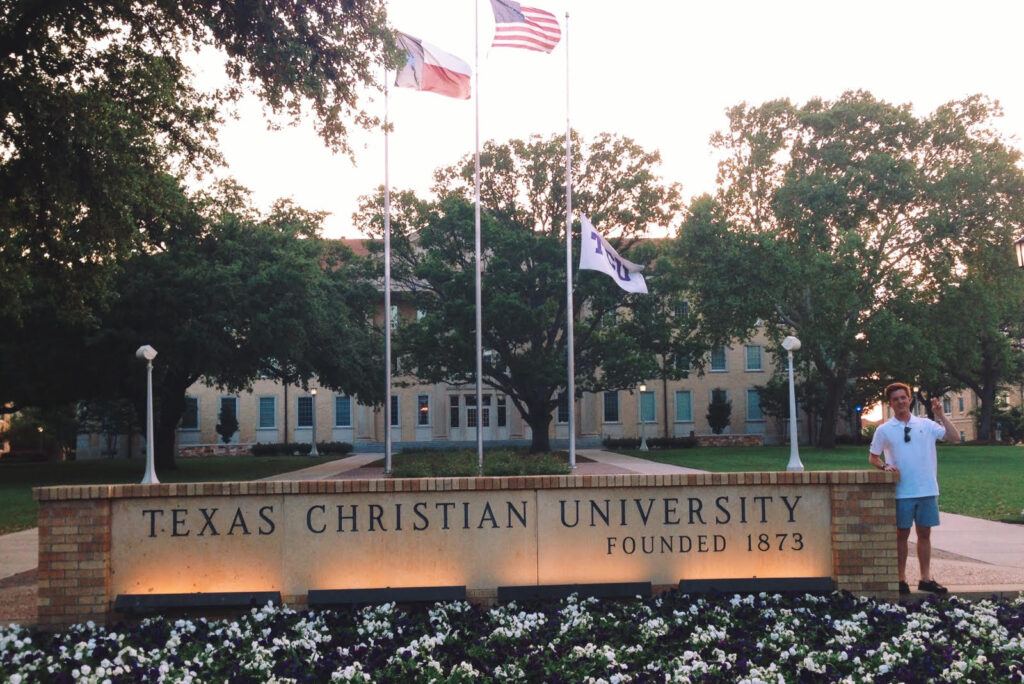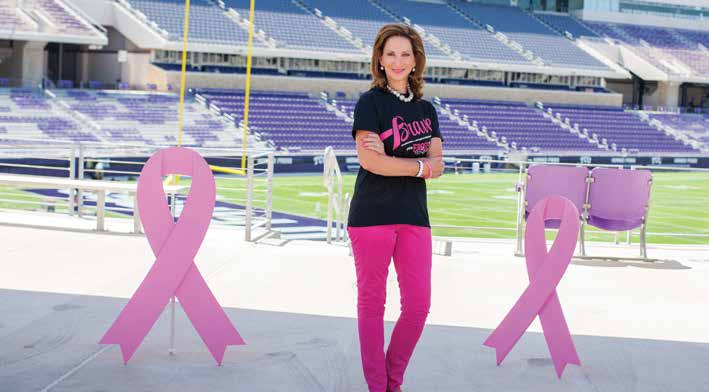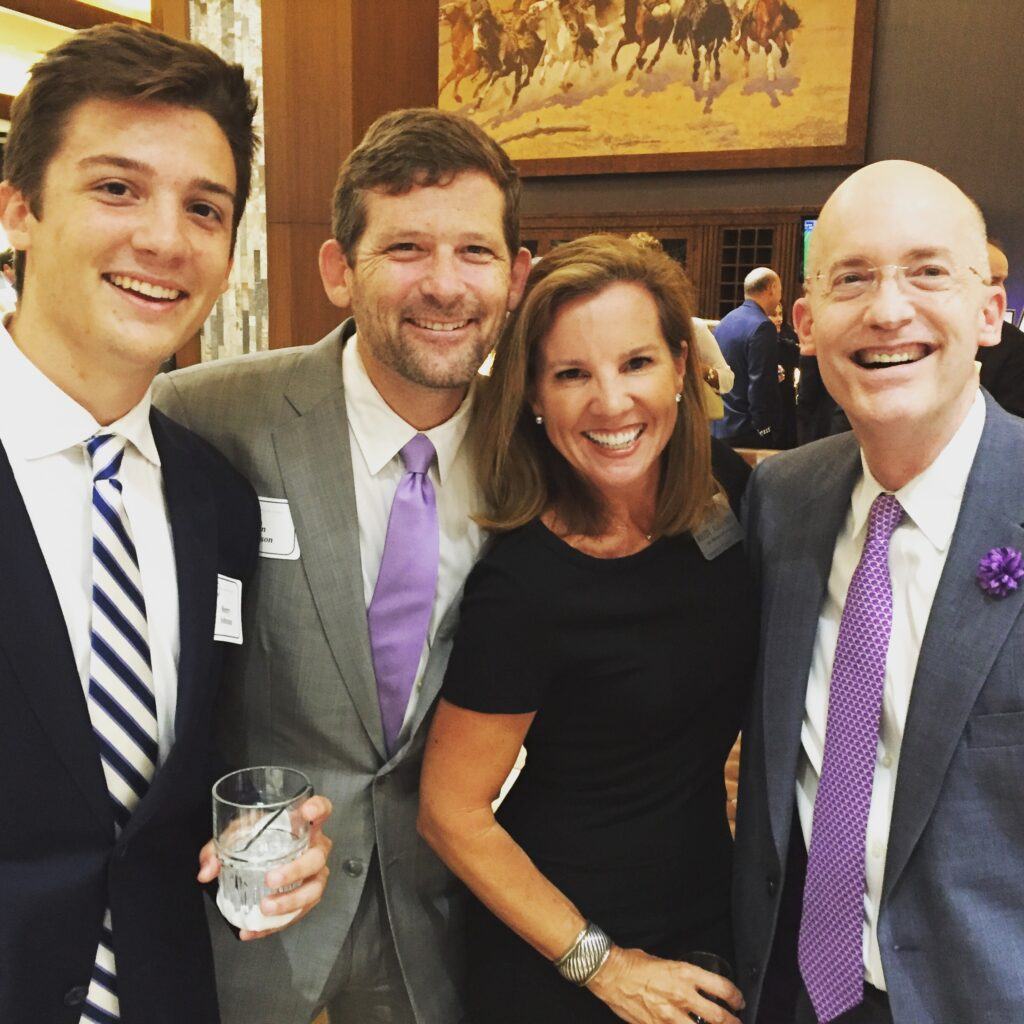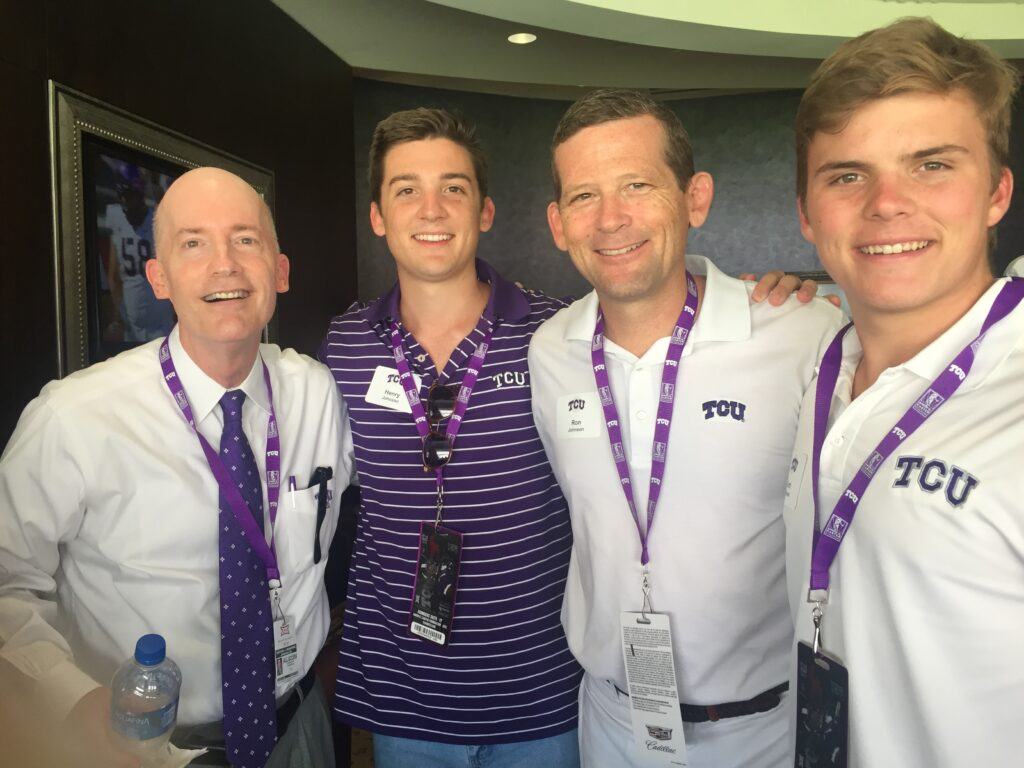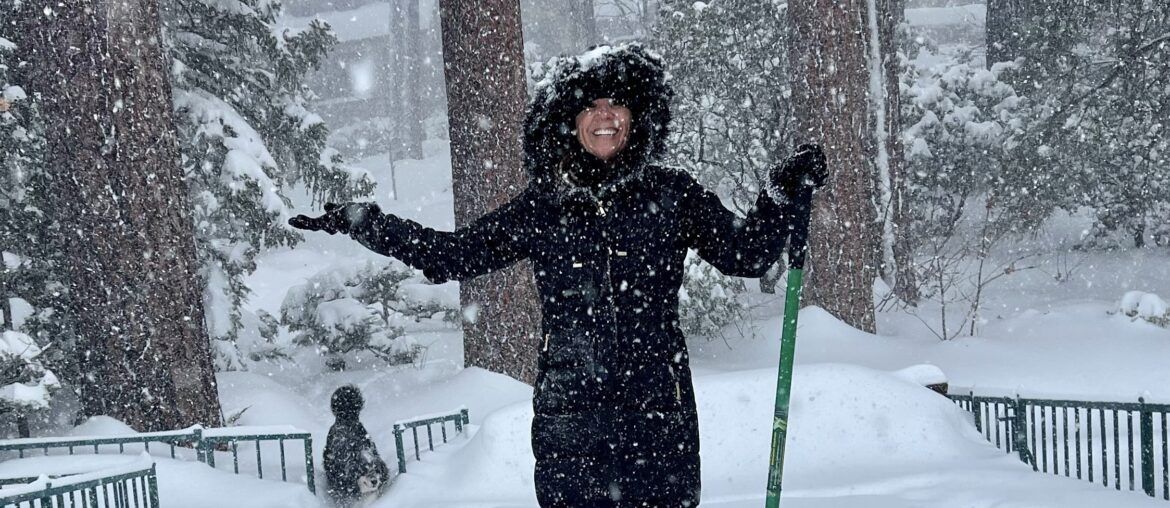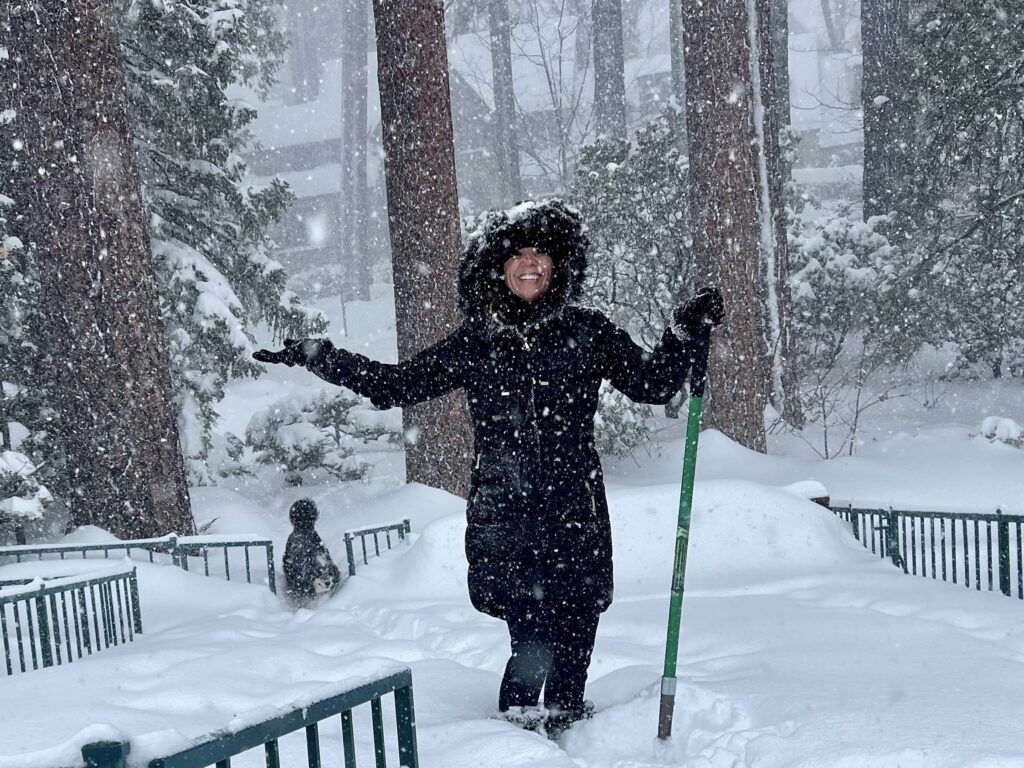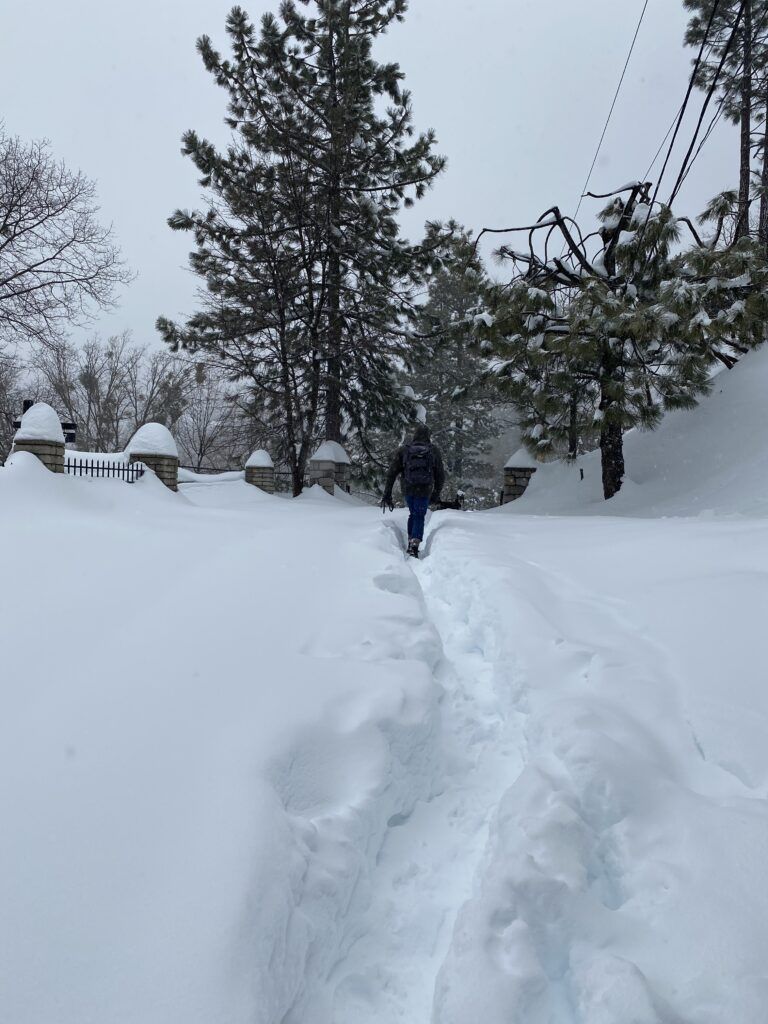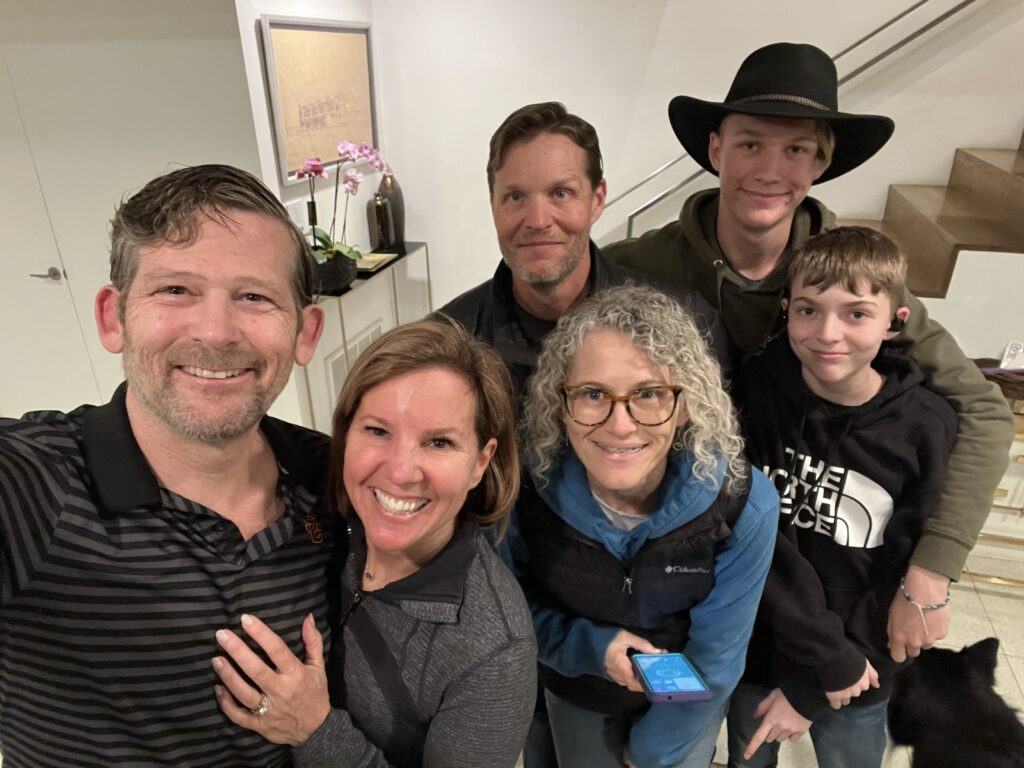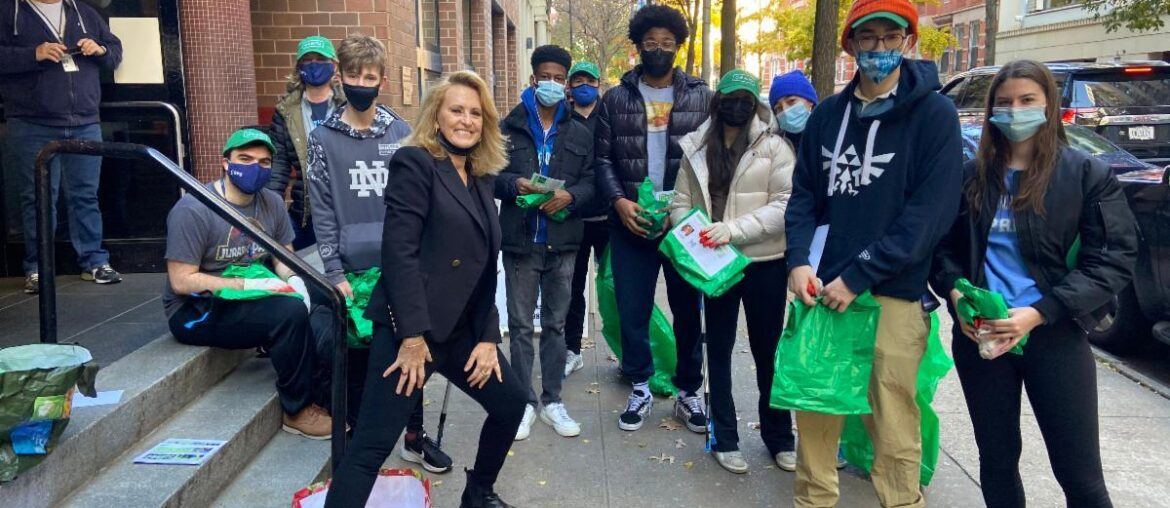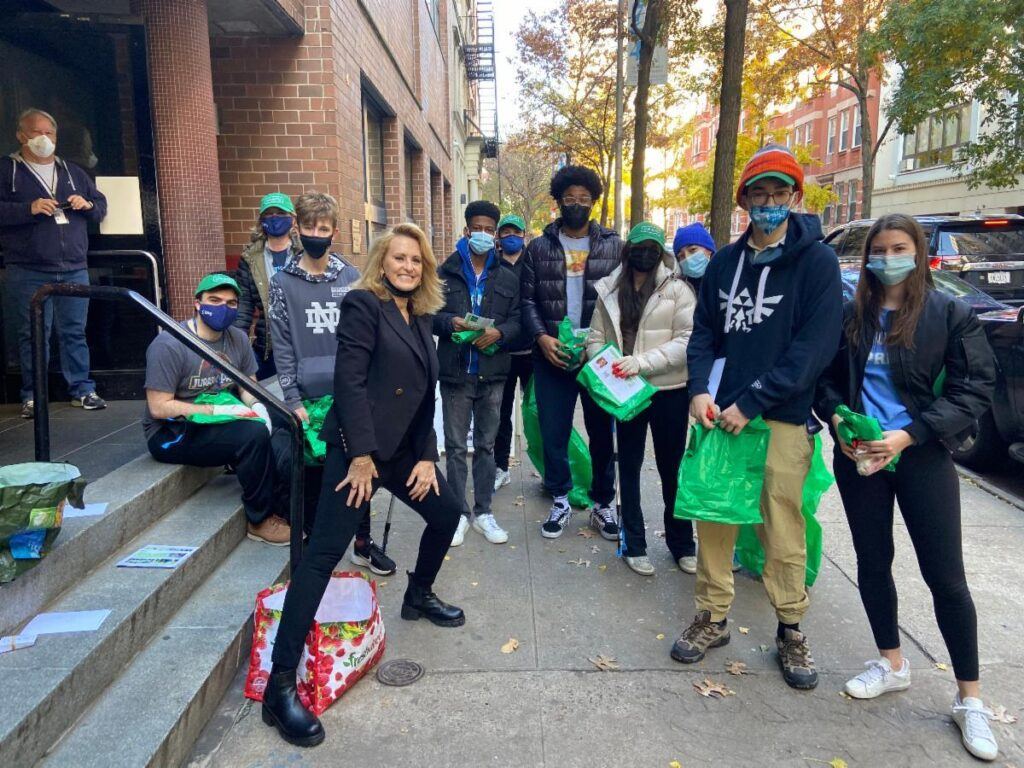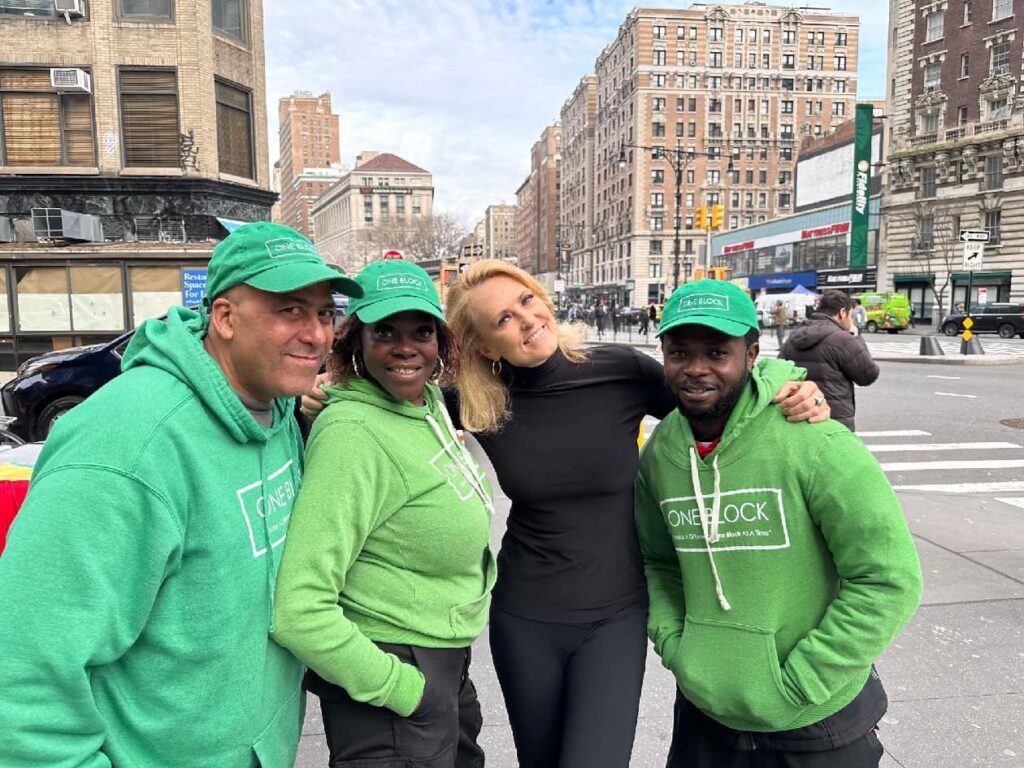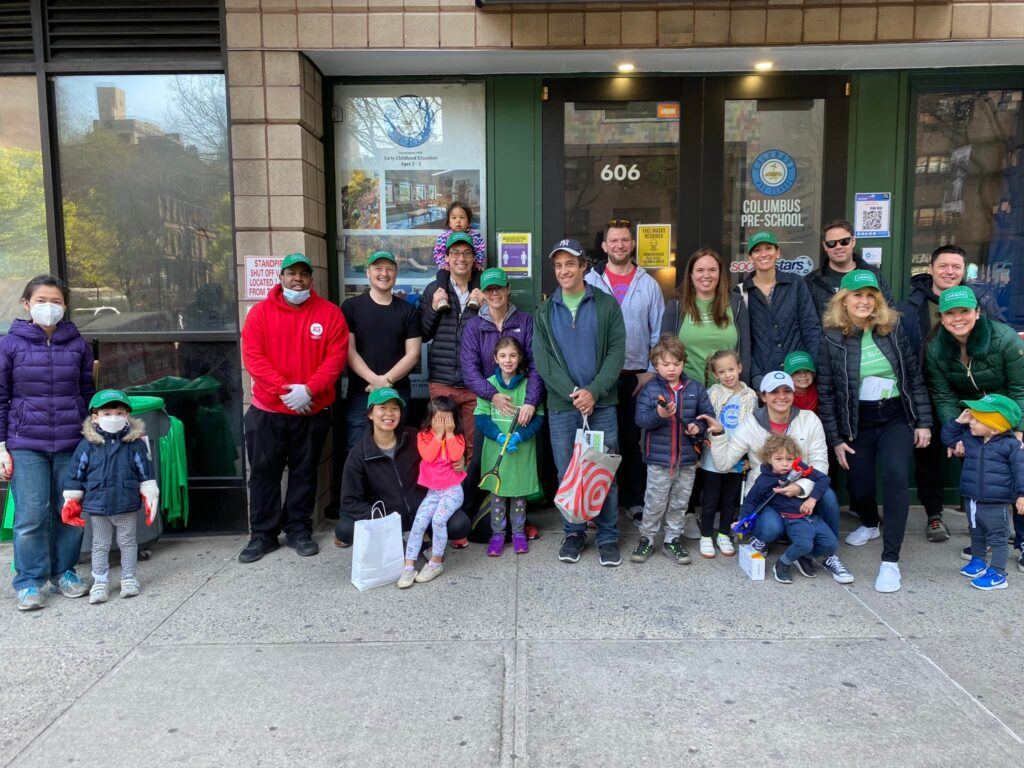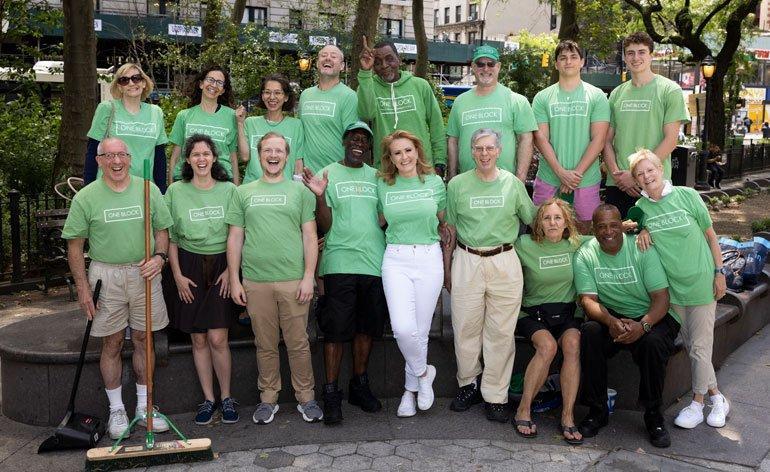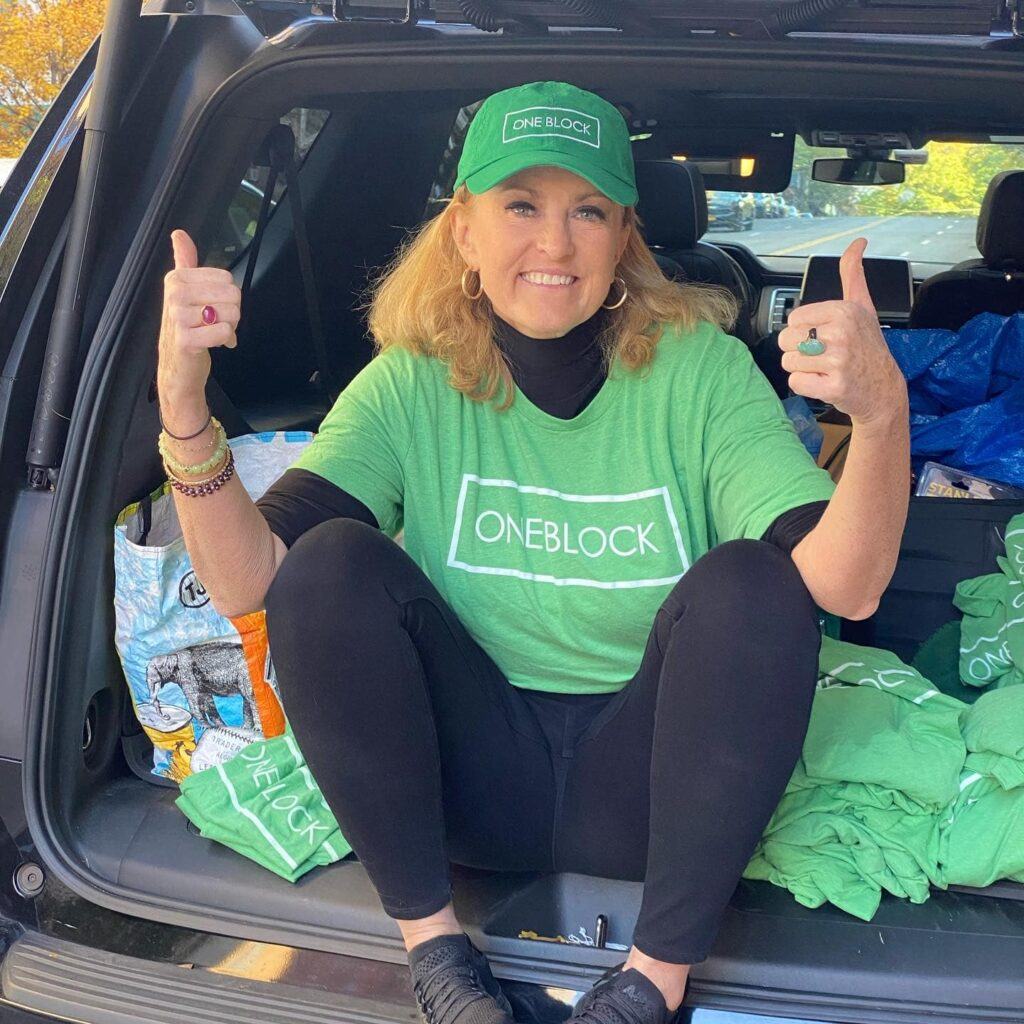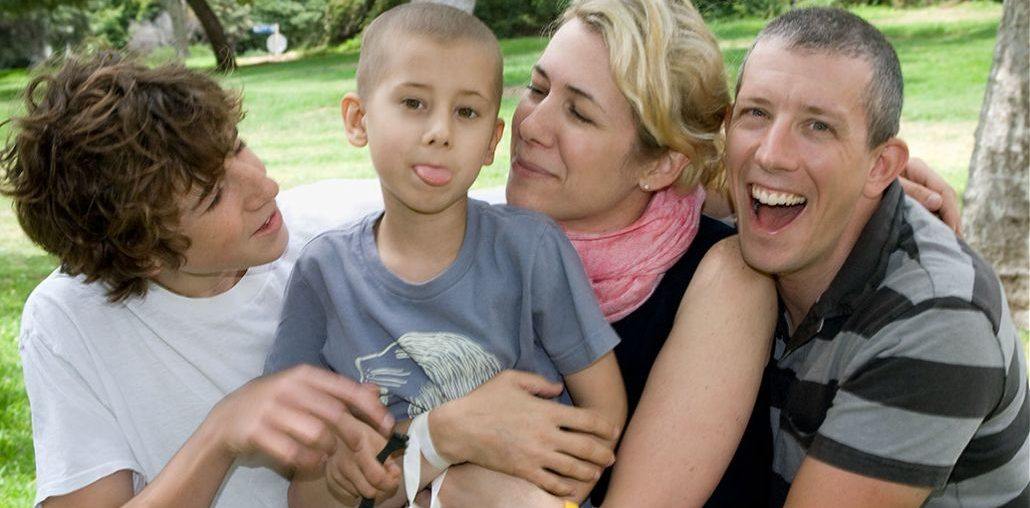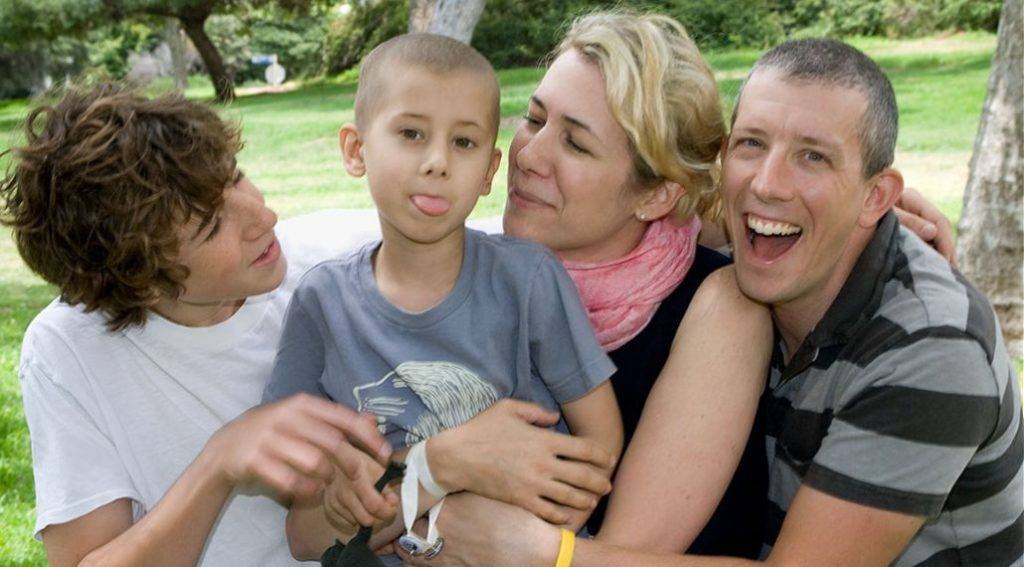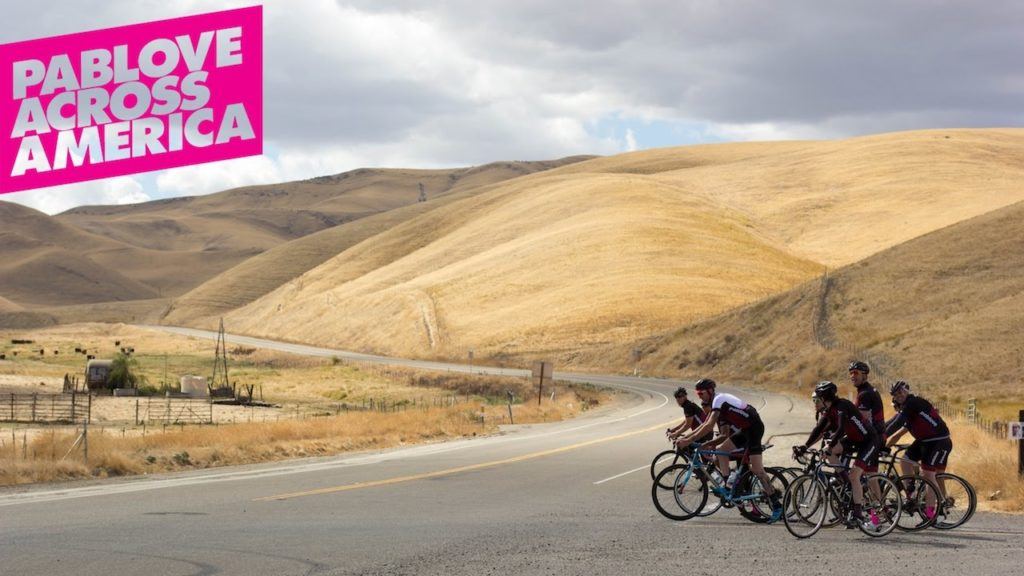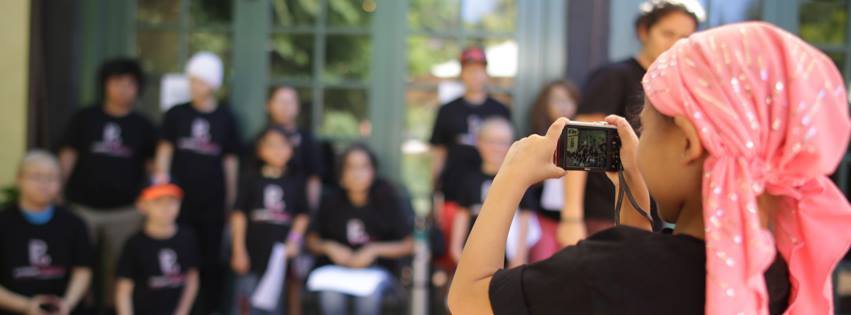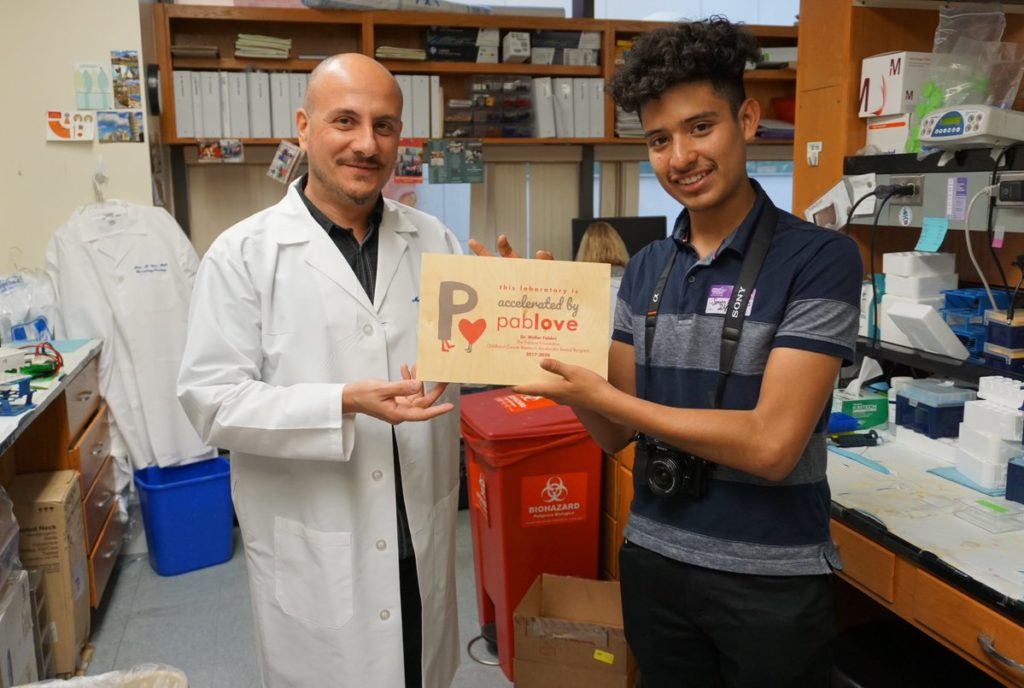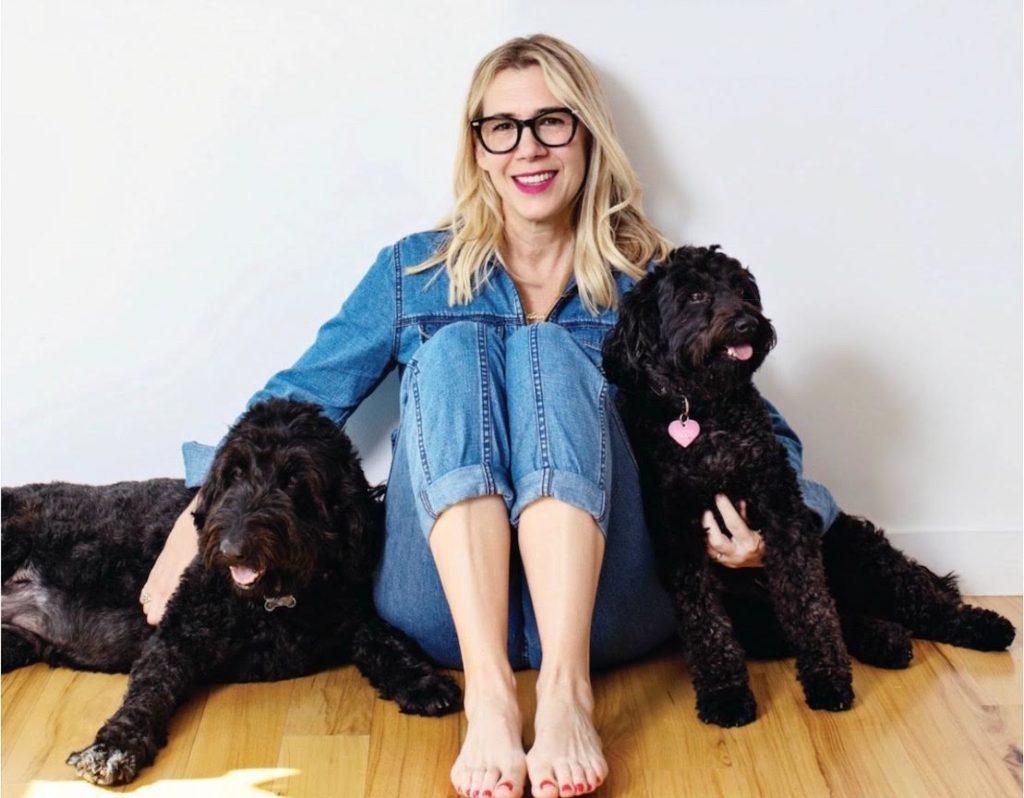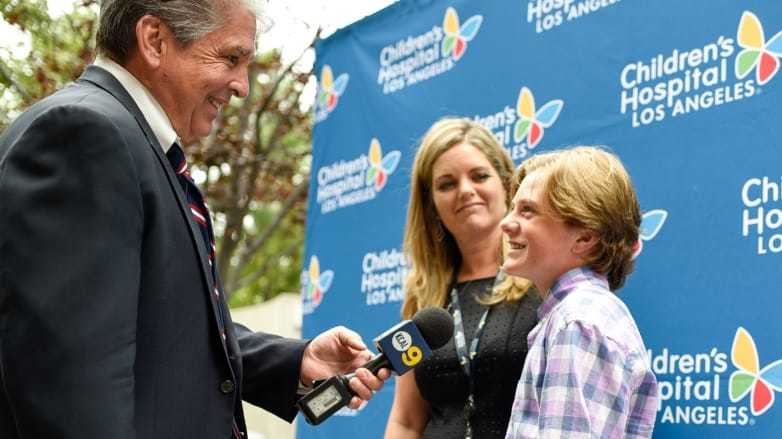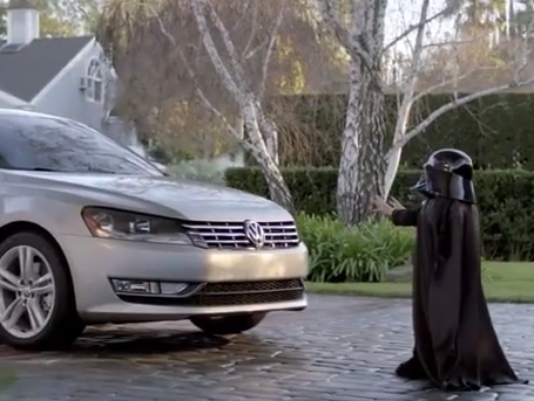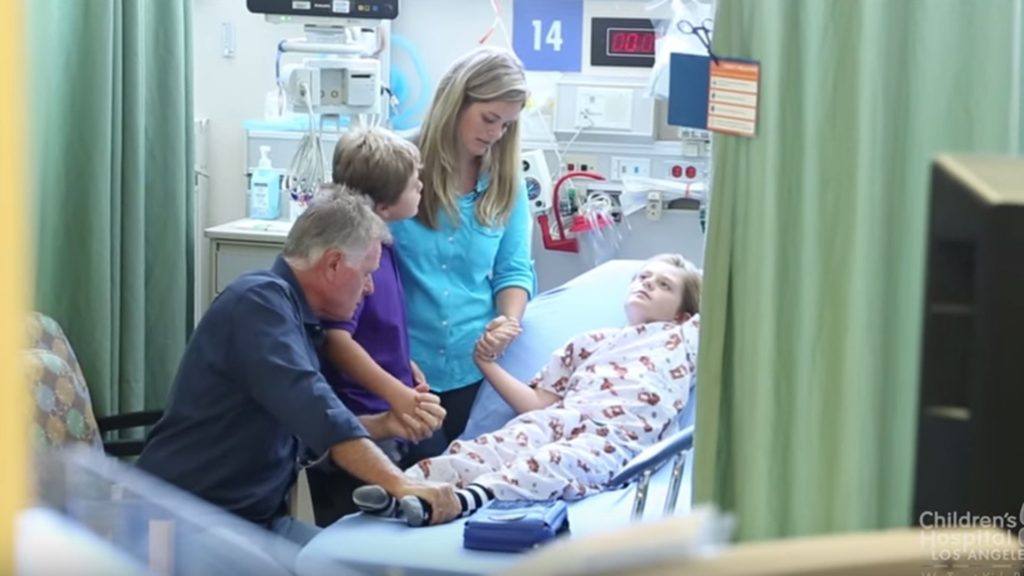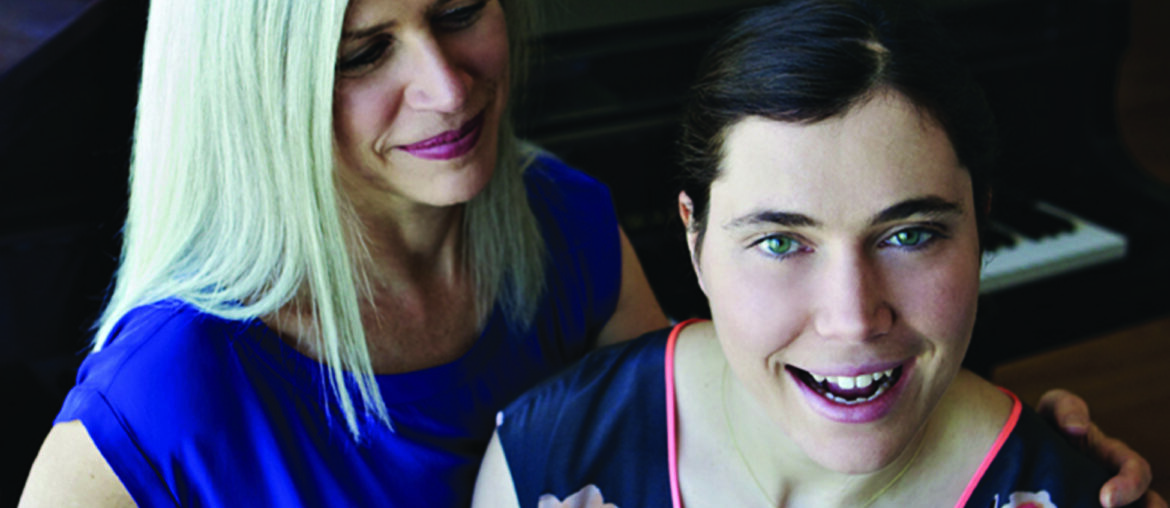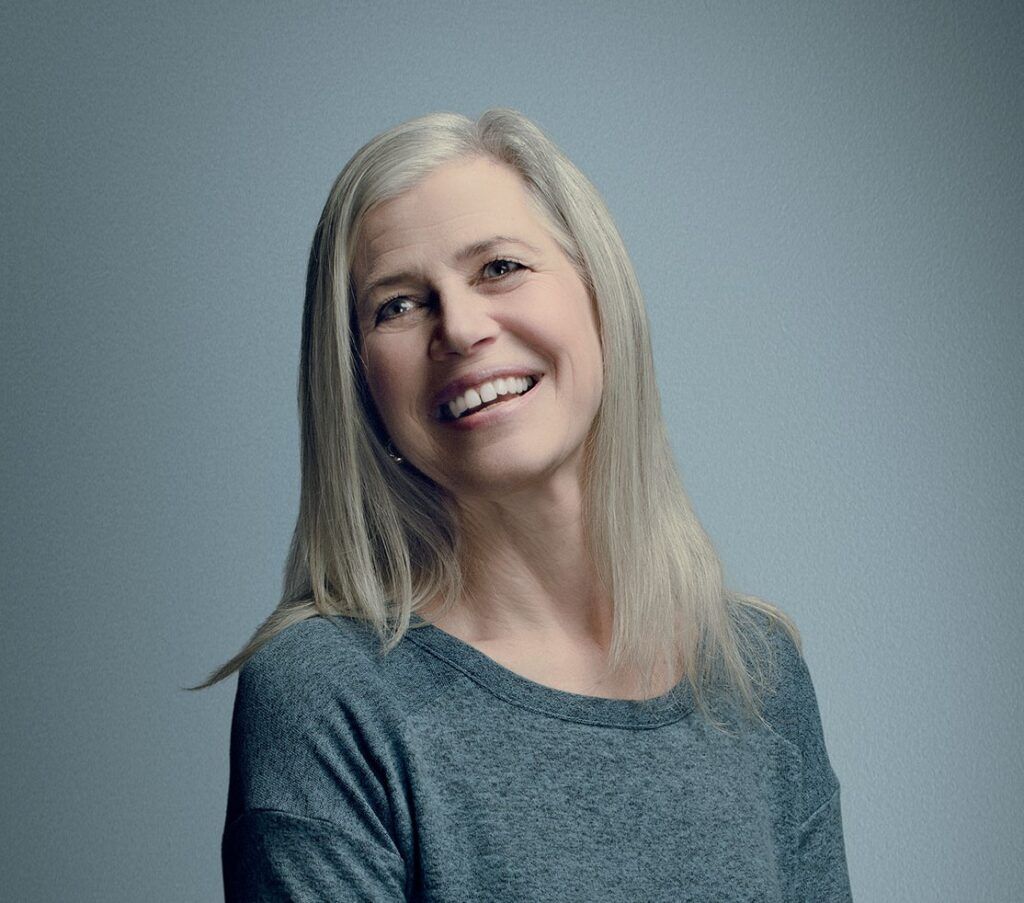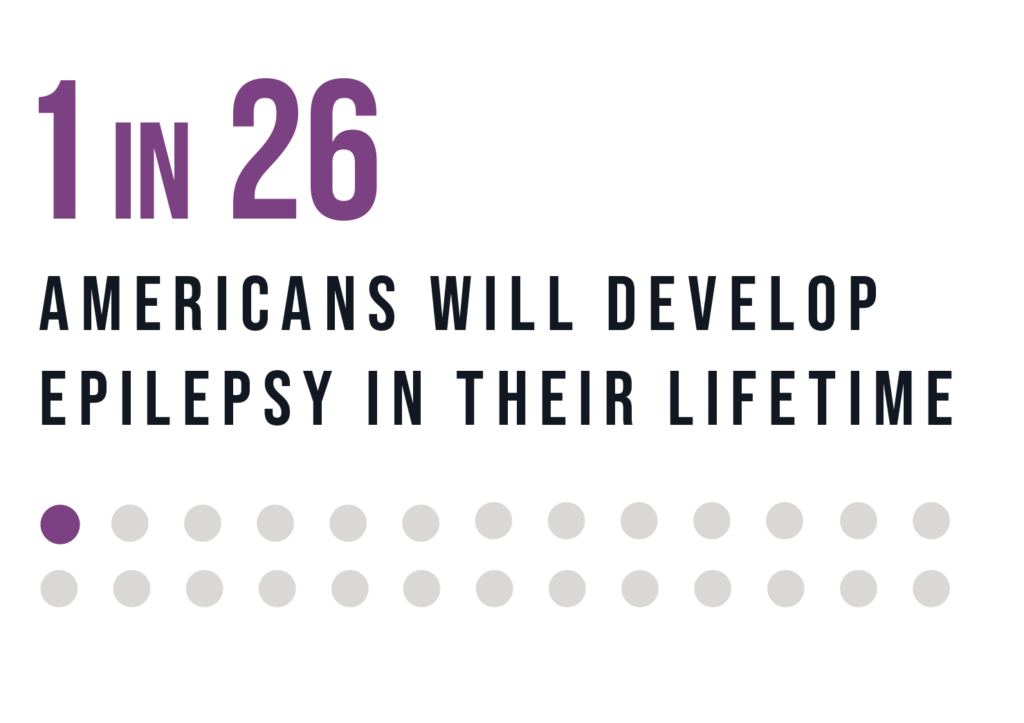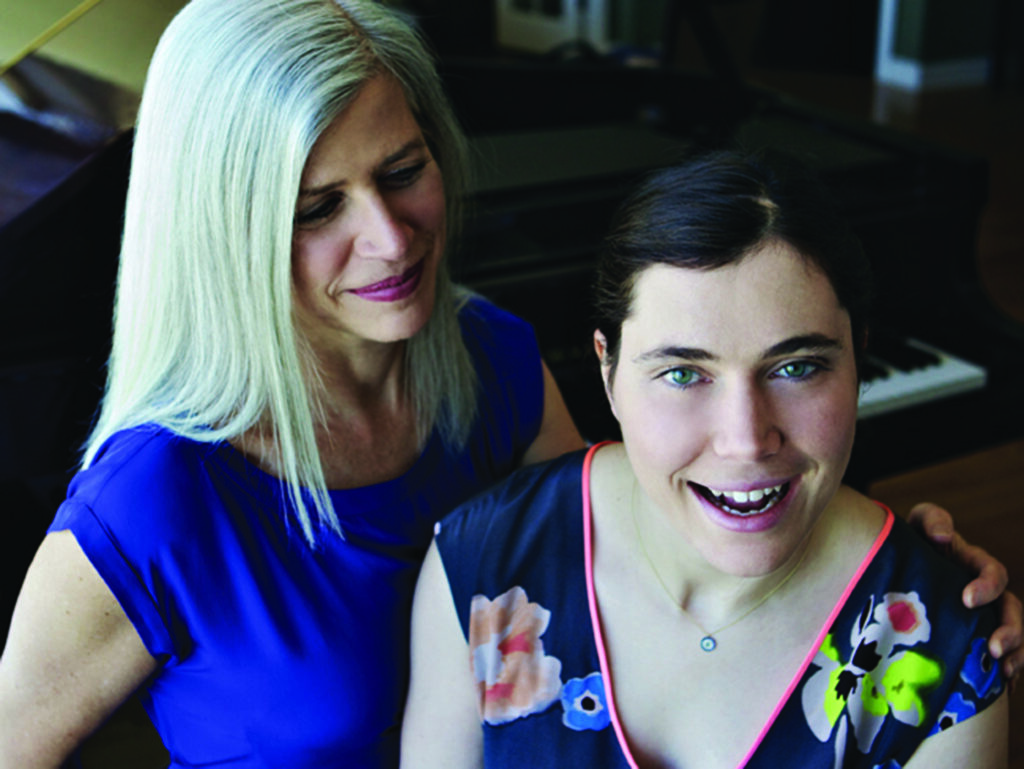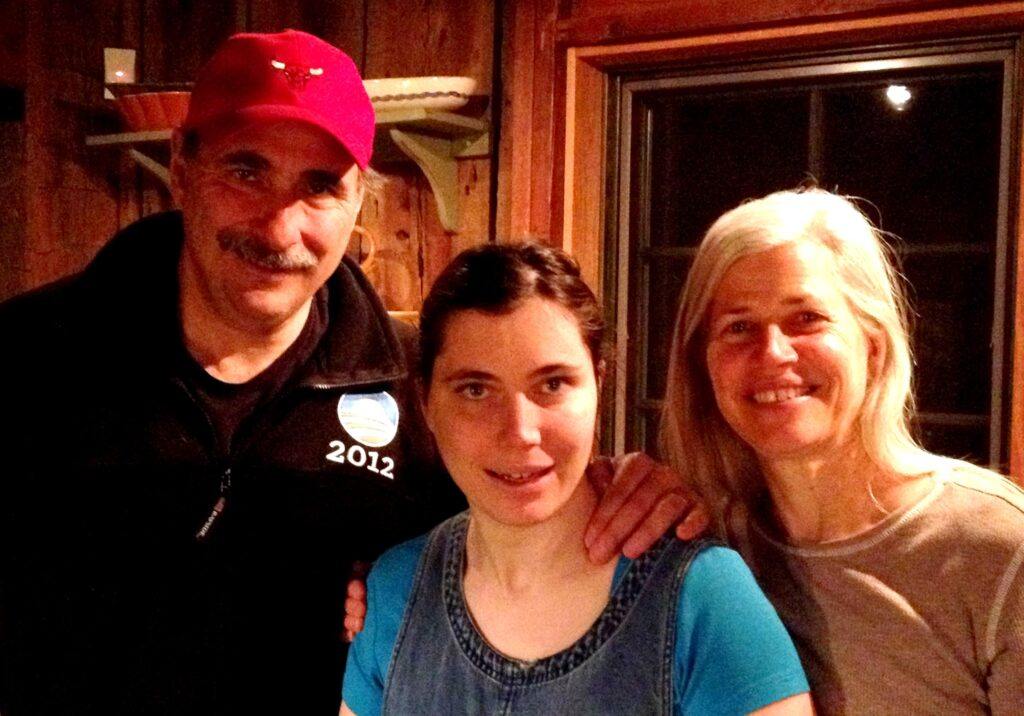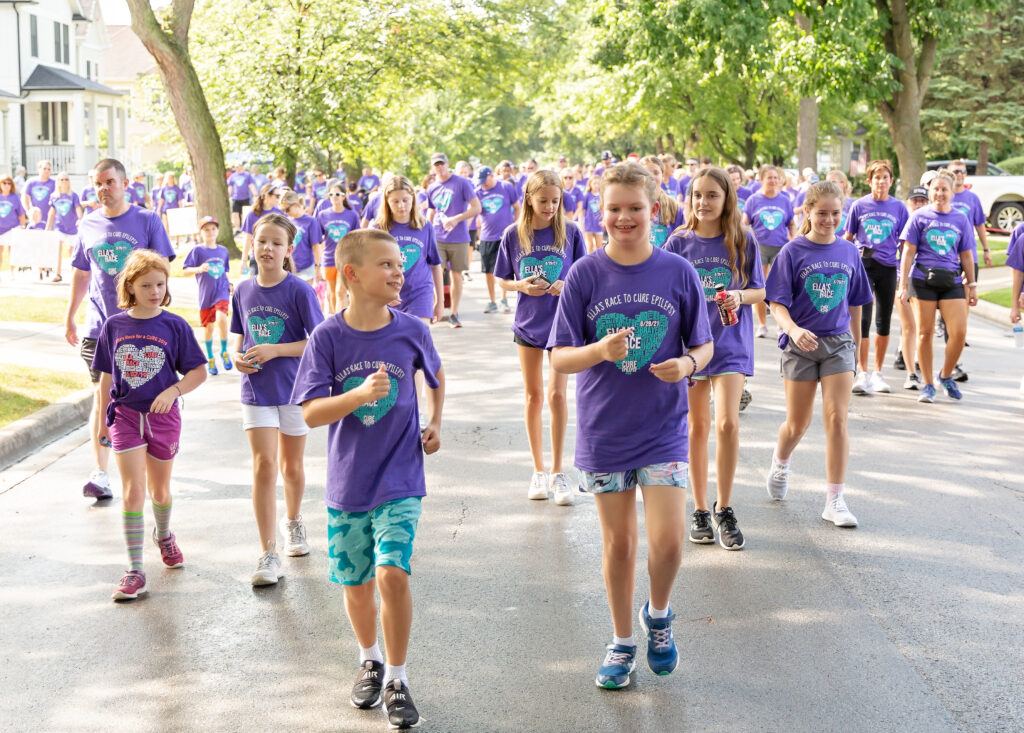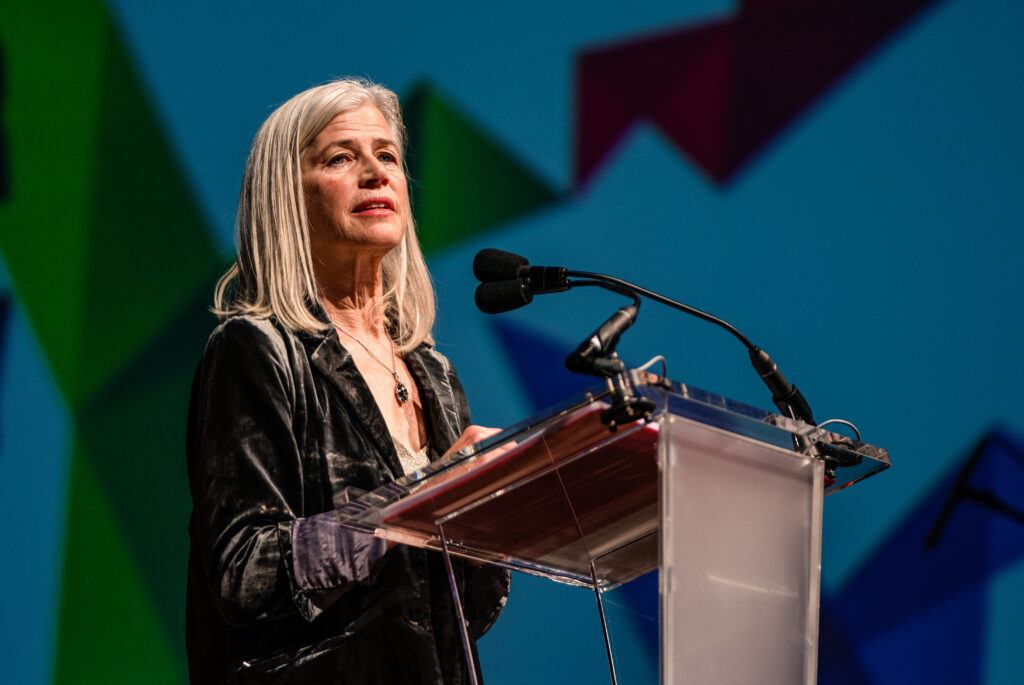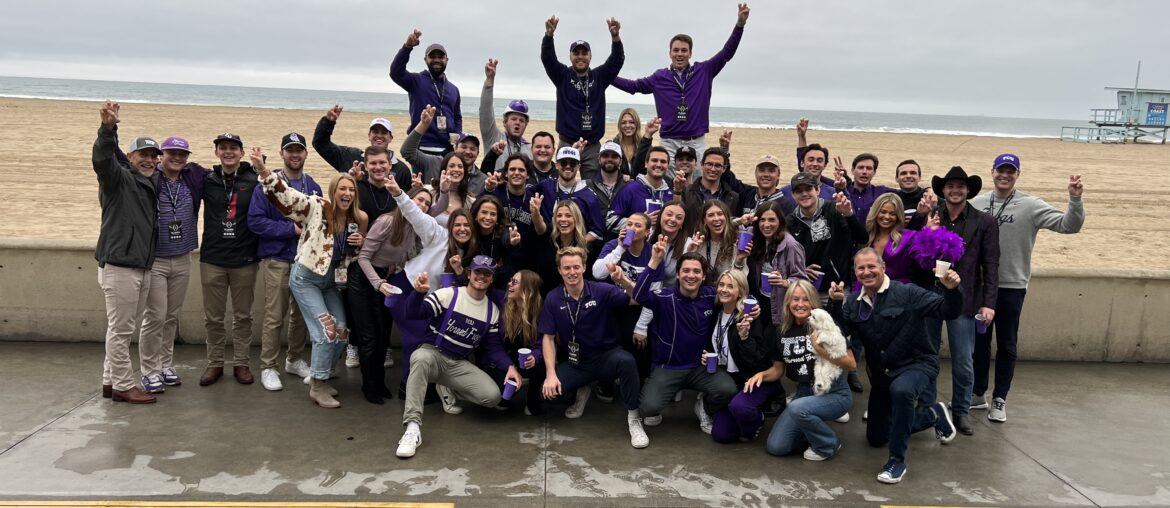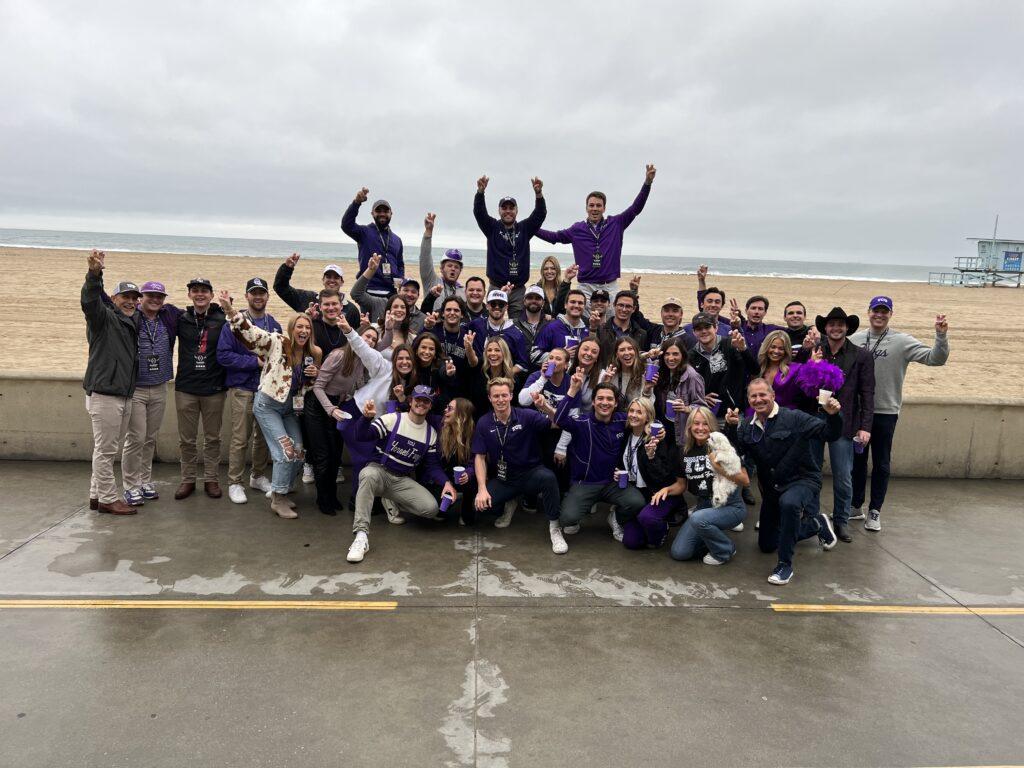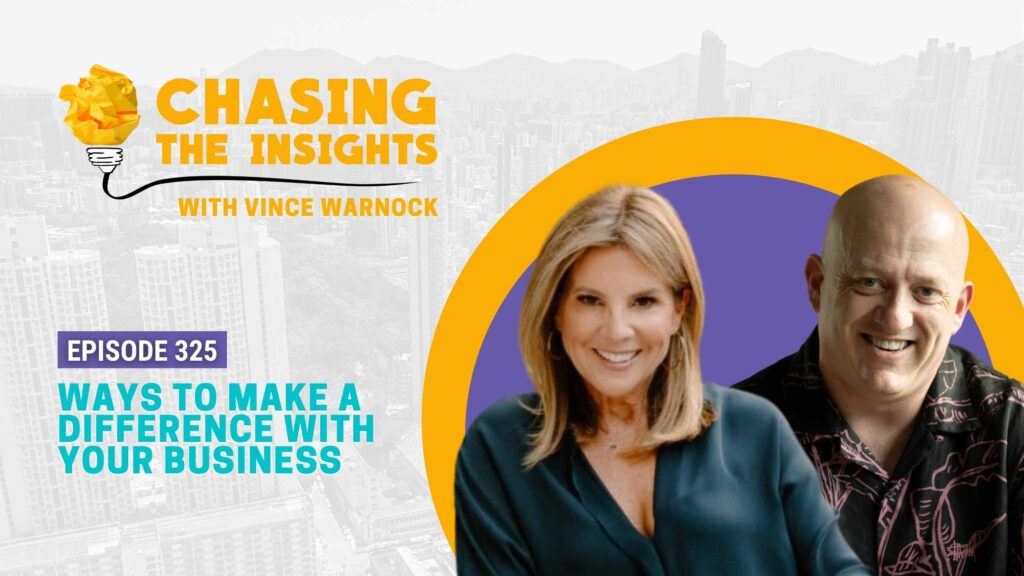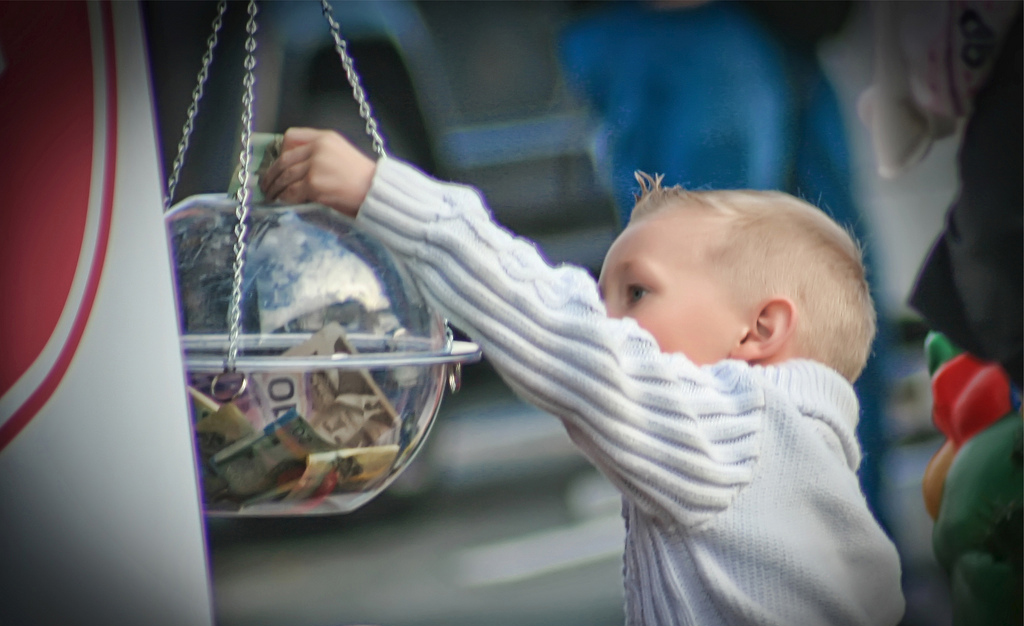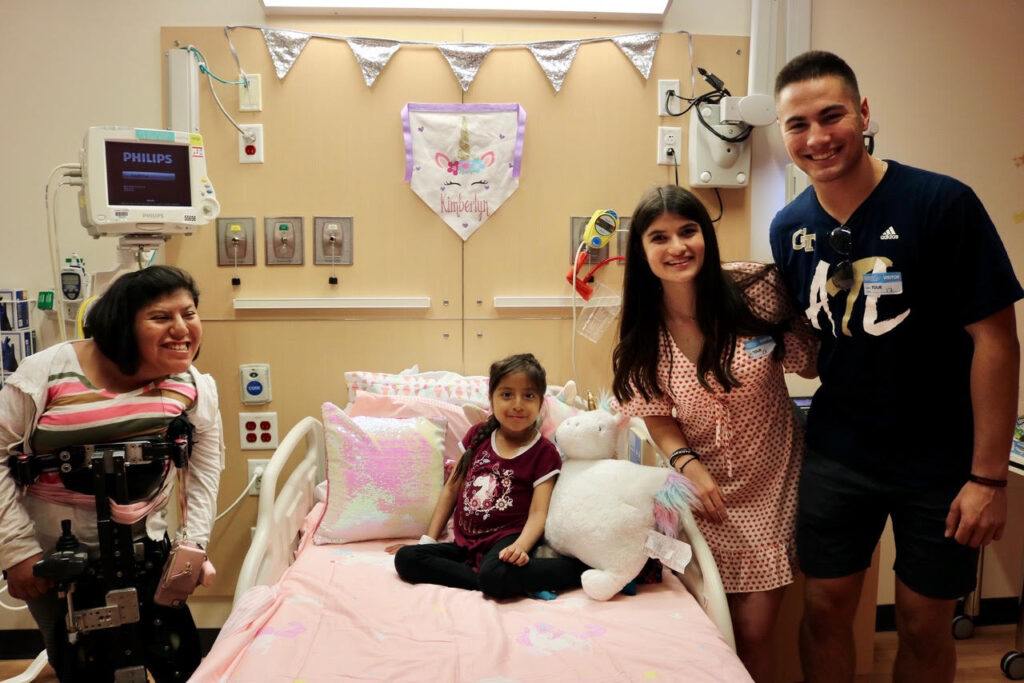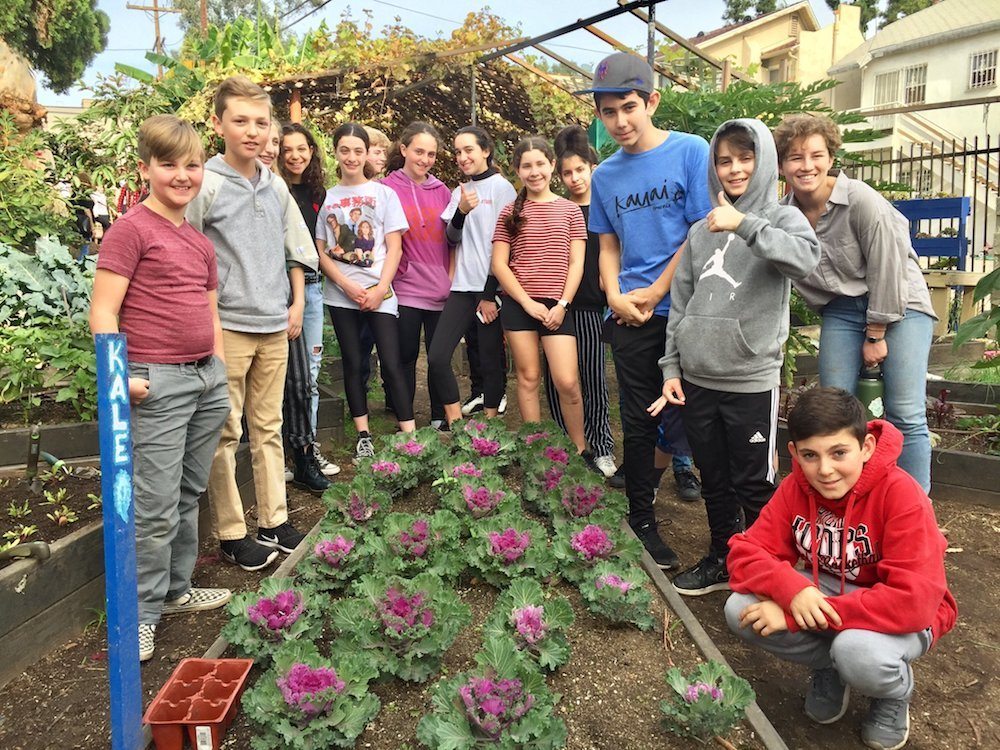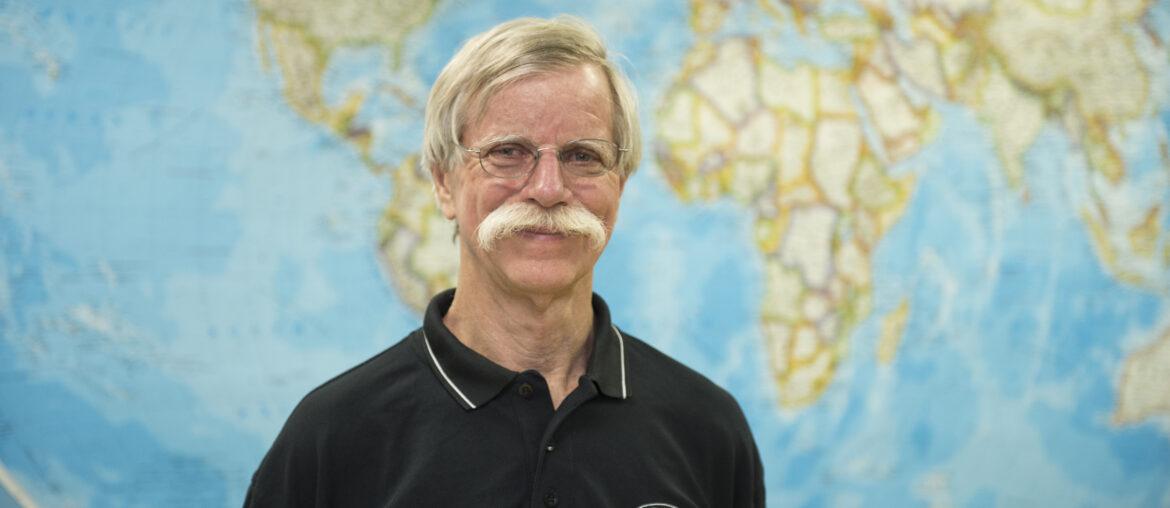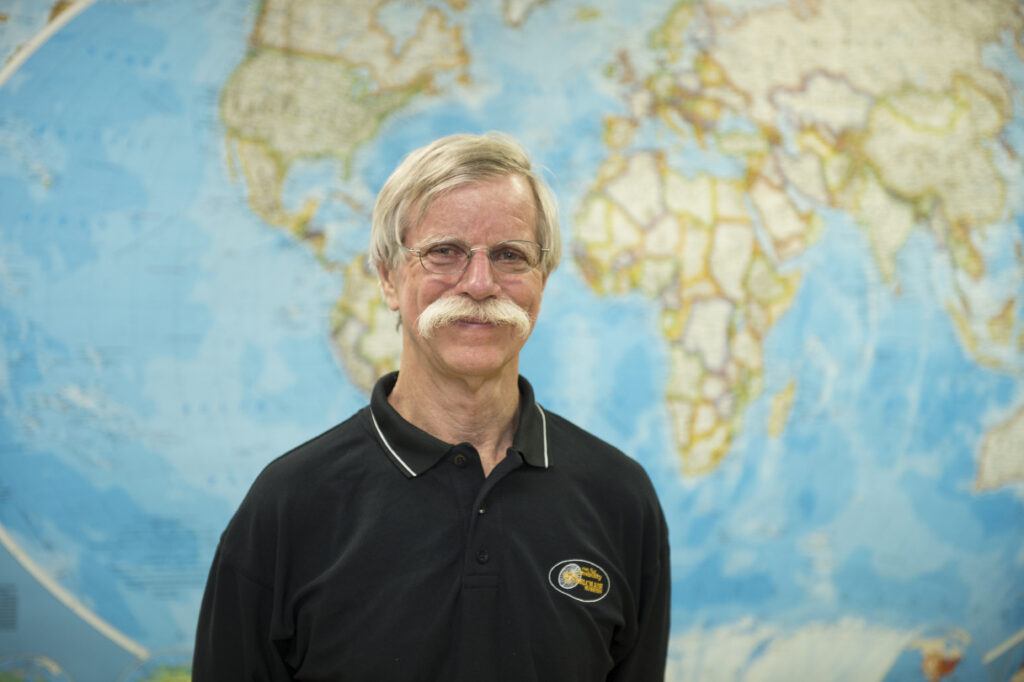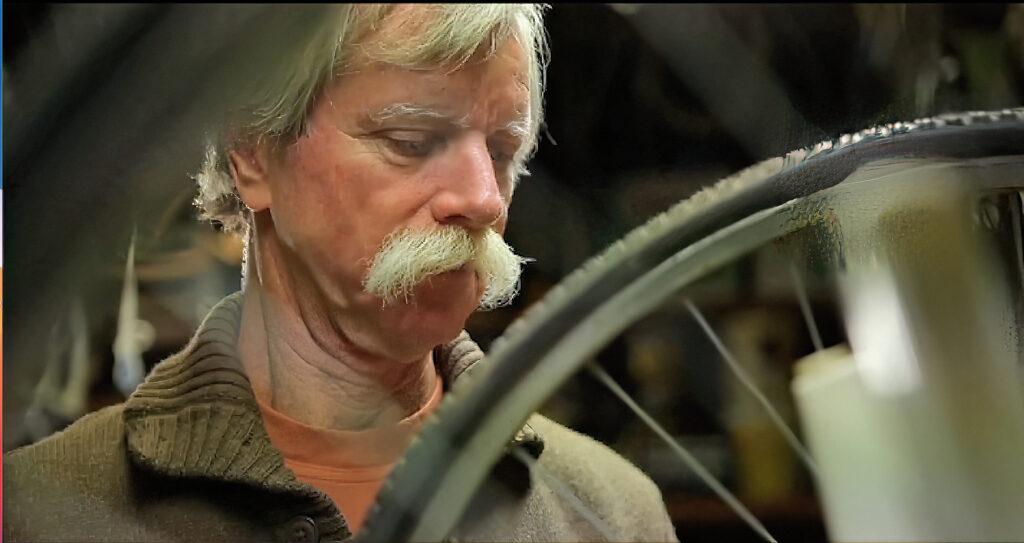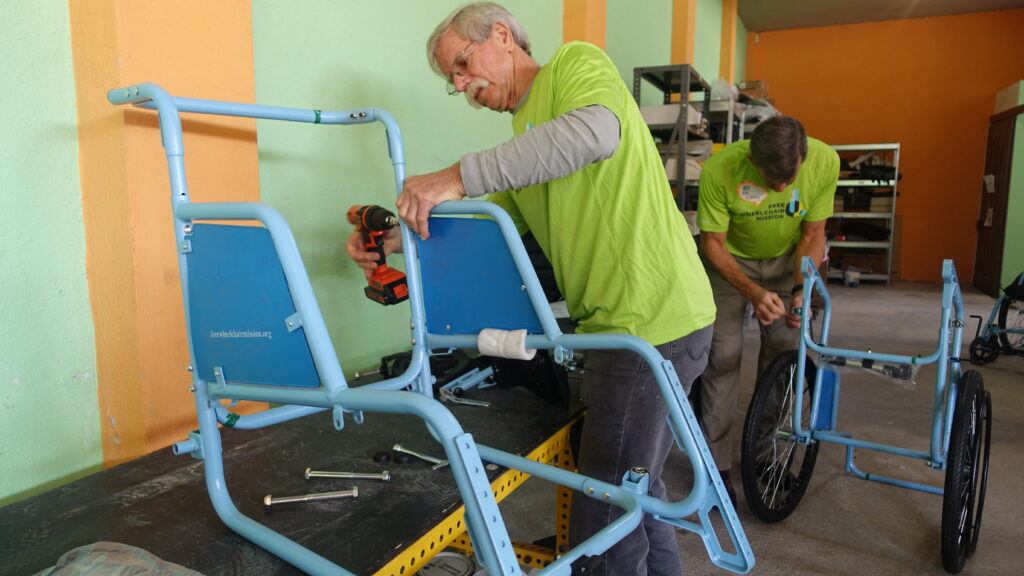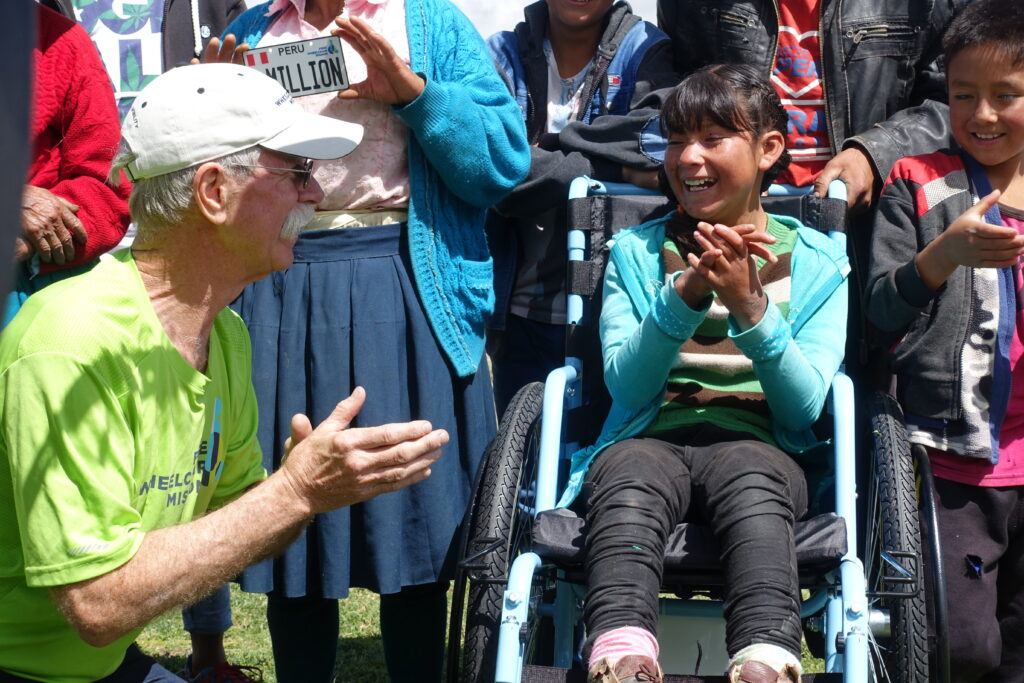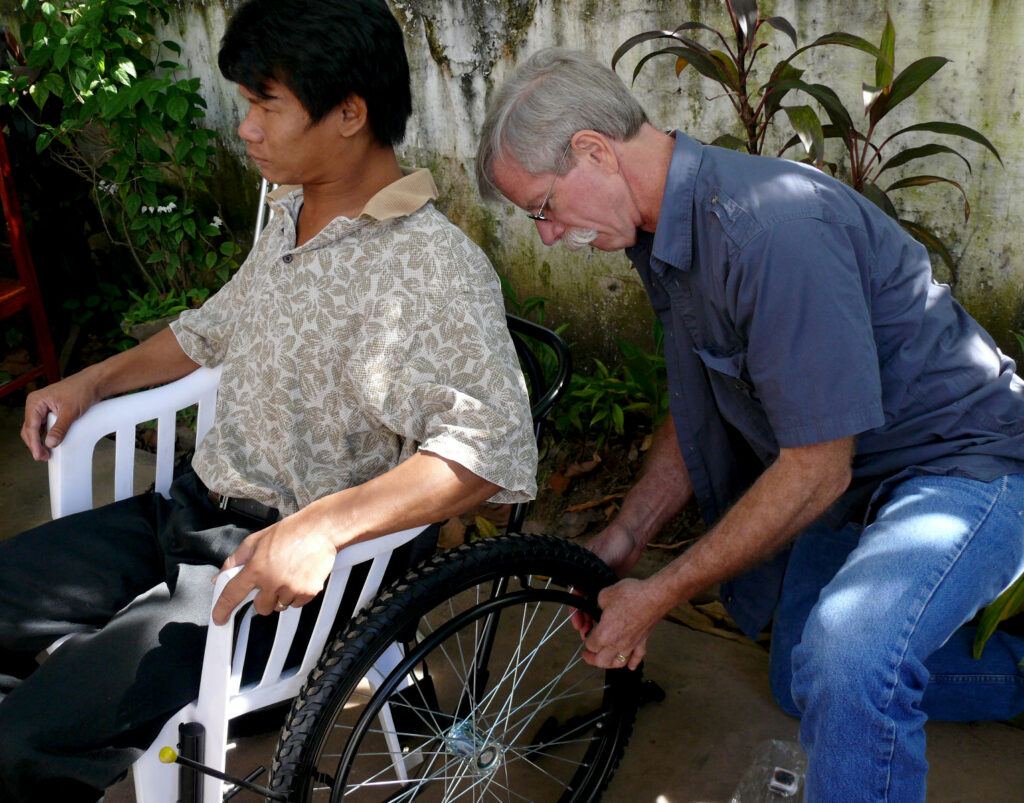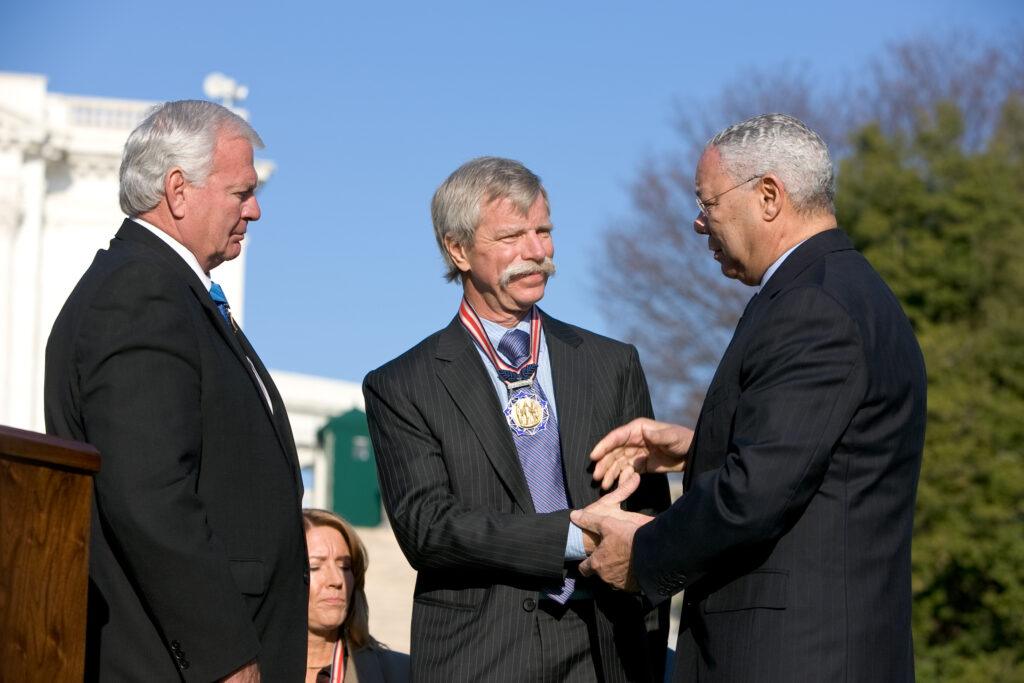The world gets scarier each week. You are here to be reminded of all of the goodness that exists all around us. These days teachers and educators are being vilified and under extreme microscopes as our world becomes more polarizing each day. Today’s guest is a bright light in a dark world, as she strives to invigorate and inspire thousands of educators to rediscover their love of teaching, inspire and foster creativity and critical thinking in the classroom and ultimately help our children.
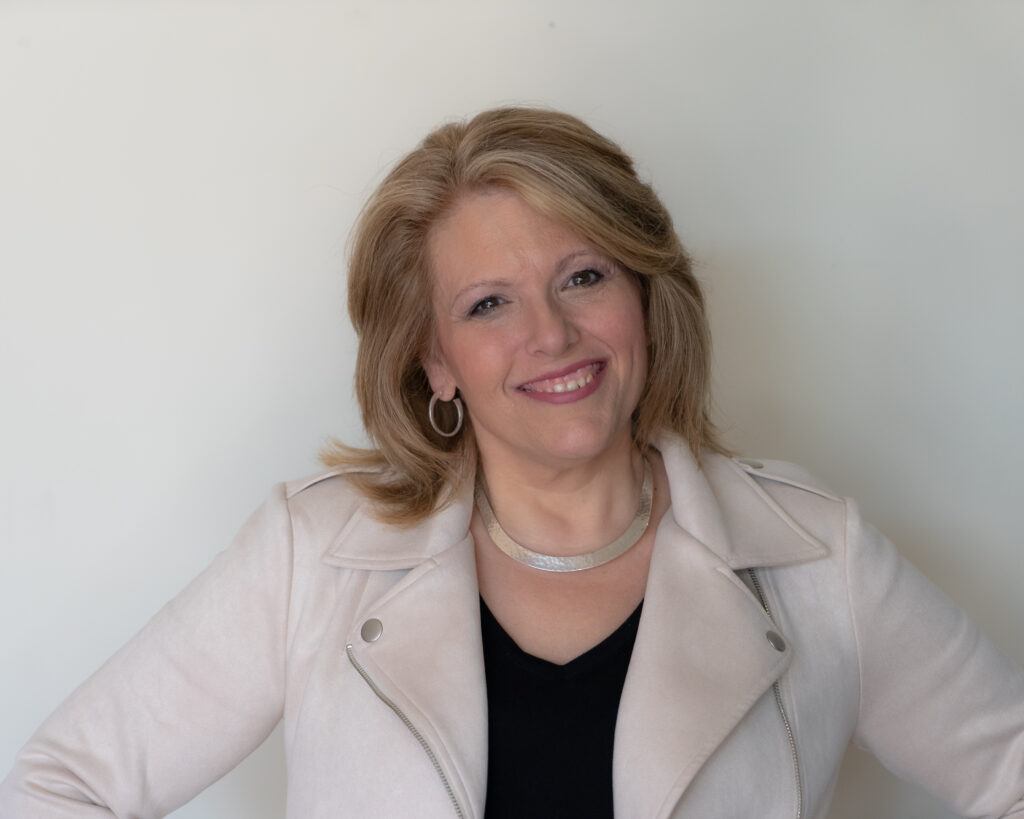
Join us today for an inspirational conversation with Katie Trowbridge, the founder of Curiosity 2 Create. A nonprofit that is on a mission to help our teachers and ultimately our students. Their mission is to equip K-12 educators with the skills needed to embrace their innate curiosity and encourage critical thinking by providing leading edge resources for our teachers. Like Charity Matters, Katie is on a mission to help the helpers. If you have a student, know a teacher or care about education in our country you are not going to want to miss this conversation.
Here are a few highlights from our conversation:
Charity Matters: Tell us a little about what CURIOSITY 2 Create does?
Katie Trowbridge: It’s amazing what we do. And as we work with the teachers, and that the educators, administrators to help build in and infuse creative thinking, critical thinking into existing curriculum. A lot of teachers today have very scripted lessons that they have to teach or they have an outline that they need to teach. And they think I can’t put any creativity into that. And yet, there’s so many possibilities and ways that we can use what you’re already doing in your classroom to promote that way of thinking.
If you look at any of the research right now they’re all saying that out of the top ten skills that people need to be successful in the future. One is critical thinking and two is critical thinking. We’re in the schools and our teachers don’t really know how to teach these skills. I keep hearing I don’t know how. So we really are passionate about helping teachers make sure that when their kids leave the classroom, they’re thinking about things.
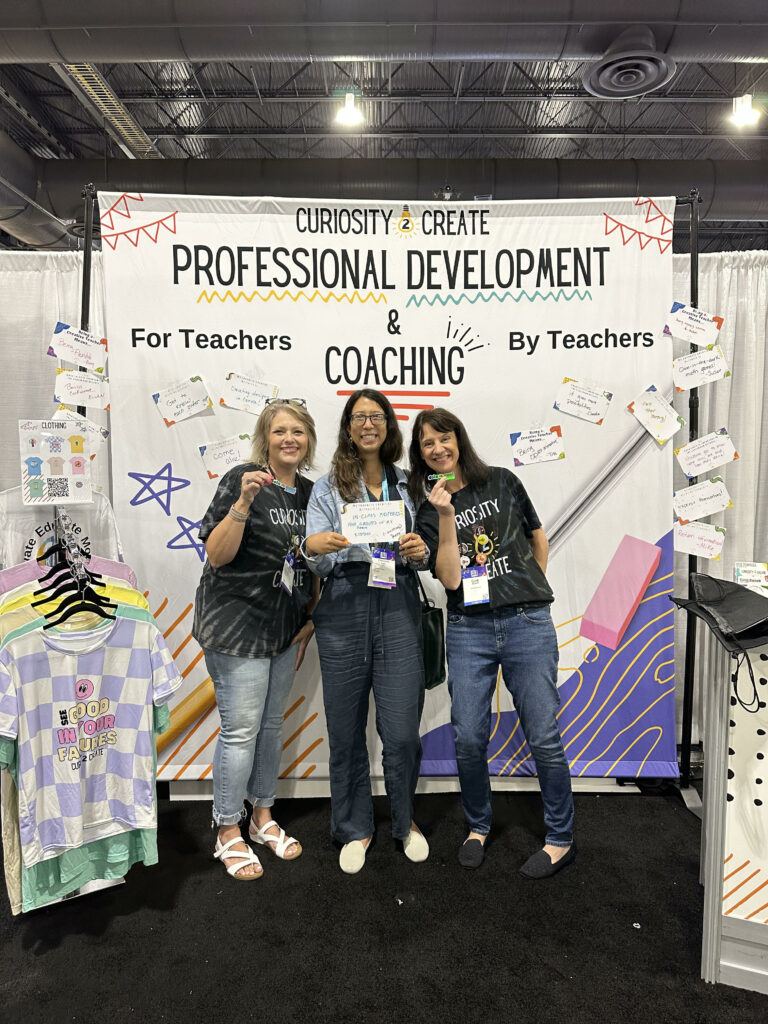
Charity Matters: What was the moment you knew you needed to act and start Curiosity 2 Create?
Katie Trowbridge: So Curiosity 2 Create is only about two years old. So we’re still babies. We have been working in education for a while after school programs. But about a year ago, I was at a board meeting and someone said, “You know what would be really great is if instead of just having these after school programs, we really reach out to teachers. Because if you can impact one teacher, you’re impacting 1000s of students.” And that’s when they looked at me and said, “Great, do you want to run that?” And now this is my full time working in a nonprofit.
It was a big decision for me to make this move and I thought about it a lot, obviously. I love teaching, it’s in my heart. Over the last couple years, not only was I not happy but my coworkers weren’t happy. My students weren’t happy and there was the lack of engagement, the lack of thinking for themselves. This idea of just give me the A. What’s the right answer?
I saw that this excitement that used to be in schools of curiosity was just disappearing. Sometimes you can’t get the kind of coaching that you need on a teacher’s salary. A lot of schools don’t have the money that they could to put into this kind of development. So I went to the Driscoll Foundation and they were very gracious and giving me a grant to make sure that this is able to be offered to everyone.
So no matter what, what size district, no matter where you are we can help. I was at a conference speaking, and a woman came up to me and said, “I’m in the middle of Nevada, and I teach, four different subjects, we have a really tiny school, could you help us?” And I said, “Absolutely.”
Charity Matters: Did you grow up in a family that was involved in their community?
Katie Trowbridge: I was a pastor’s kid and I was an only child. So if I wanted a youth group in the school in the church that we were currently ministering in, I would have to create it. My dad would go into these churches that were dying, and he would raise it up and make it work. And then he’d leave. So a lot of times, as a kid, I was like, wow, I want a youth group, there is none. So I’ll just start my own.
Then I’ve always worked with teenagers and had a passion for teenagers and for children. I was in marketing for a while and went in to get my teaching degree. A couple of schools wanted to start looking more at character traits, or SEL before it was SEL and so I started a nonprofit called Kids Matter. And that is still going. I always want to be helping and doing things when I was young to make sure people are happy and getting along.
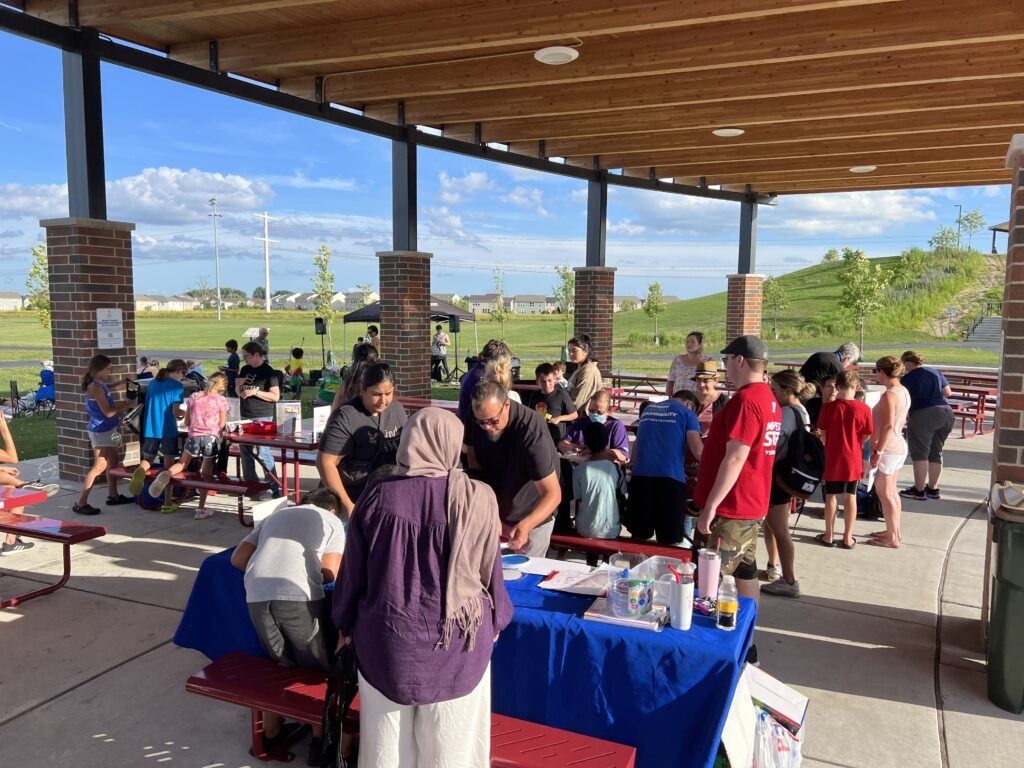
Charity Matters: What are your biggest challenges?
Katie Trowbridge: I would absolutely say fundraising. I would also say that raising awareness since we’re a new nonprofit. For example, on Giving Tuesday, we thought, Oh, we’re just gonna flood social media and on Giving Tuesday, we’re gonna get all this money. And it didn’t work. Because we’re new, and we’re middle and people are giving huge organizations not just like us. So I think raising awareness is a big one. Once people understand what we do and believe in what we do. They absolutely will be more willing to invest in what we do.
Charity Matters: What fuels you to keep doing this work?
Katie Trowbridge: Getting your mind off of everybody’s you. I was sitting here, thinking oh, man, what do I need to do next this week? I’ve got to make sure that my staff is okay. Then I have to make sure that I’m helping change education. That’s a huge goal.
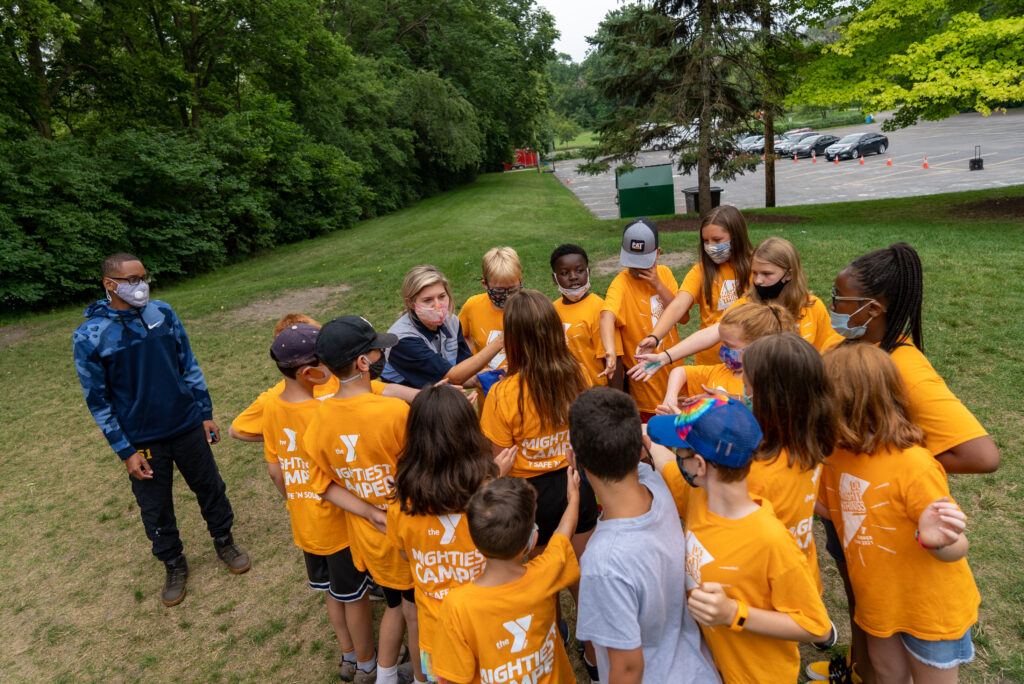
Charity Matters: Tell us what success you have had and what your impact has been?
Katie Trowbridge: One of our challenges is how to measure something that takes years to measure. We are measuring our impact by giving the testimonials saying look at this teacher said that this has absolutely changed the way she envisions teaching in your classroom. Another teacher who said, “My classroom is so much more fun. So I enjoy teaching much more.”
Well, how do you measure that? Right? That’s awesome. So maybe that teacher was going to quit, which we know a lot of teachers are right now and now they found joy, through teaching creatively and critically. You know, putting in a graph for a donor to see is nearly impossible. I think that’s part of when you talked about some of the challenges. Part of the challenge is how do we have the data to prove that this is working, besides stories from our teachers who say that it is.
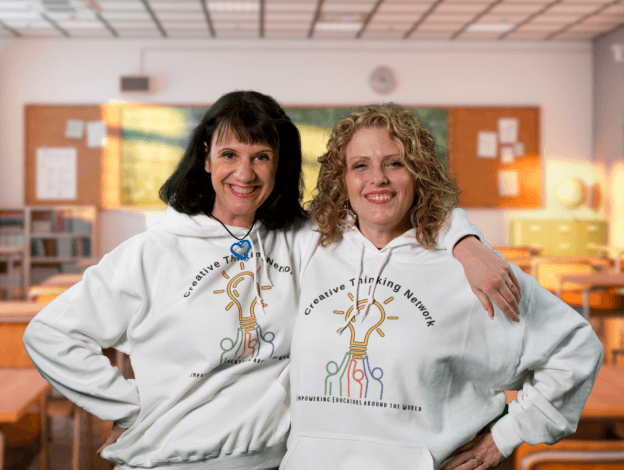
Charity Matters: What life lessons have you learned from this experience?
Katie Trowbridge: I think one of my biggest lessons that I’ve learned is patience. I want to go go go as a visionary as an implementer. I want I want to be speaking at all these districts I want to have my curriculum all over the place. I want it now. So patience has been a real life lesson for me lately. I also think asking for help, has been something that I’ve learned.
I think that that is a major life lesson that I’ve learned that I can’t control everything. And a little bit of chaos is a good thing, because that’s where some of the the learning really takes place. But you know, being patient has been a really big one for me.
Charity Matters: If you could dream any dream for your organization, what would that be?
Katie Trowbridge: My biggest dream is that students and teachers and schools start seeing the importance of these soft skills and see them more as essential skills. So it’s not just the Common Core standards, but it’s how do we get kids to start thinking. A huge win for me is when we hear from teachers saying, my kids are actually asking better questions. My kids are actually thinking, because they’re excited about what they’re learning. So my dream is that we’re writing the curriculum across the nation and that people start really embracing the the way to think for themselves.
What a better way to solve social issues, but then being a creative and critical problem solver. So when we have these issues in our society, our kids know how to think for themselves and how to solve these problems.
CHARITY MATTERS.
YOUR REFERRAL IS THE GREATEST COMPLIMENT, IF YOU ARE SO MOVED OR INSPIRED, WE WOULD LOVE YOU TO SHARE AND INSPIRE ANOTHER. If you enjoyed today’s episode, please connect with us:
- www.Charity-Matters.com
- On IG @Charitymatters
- Post a screenshot & key takeaway on your IG story and tag me @heidijohnsonoffical and @Charitymatters so we can repost you.
- Leave a positive review on Apple Podcasts
- Subscribe to new episodes each week!
Copyright © 2023 Charity Matters. This article may not be reproduced without explicit written permission; if you are not reading this in your newsreader, the site you are viewing is illegally infringing our copyright. We would be grateful if you contact us.



